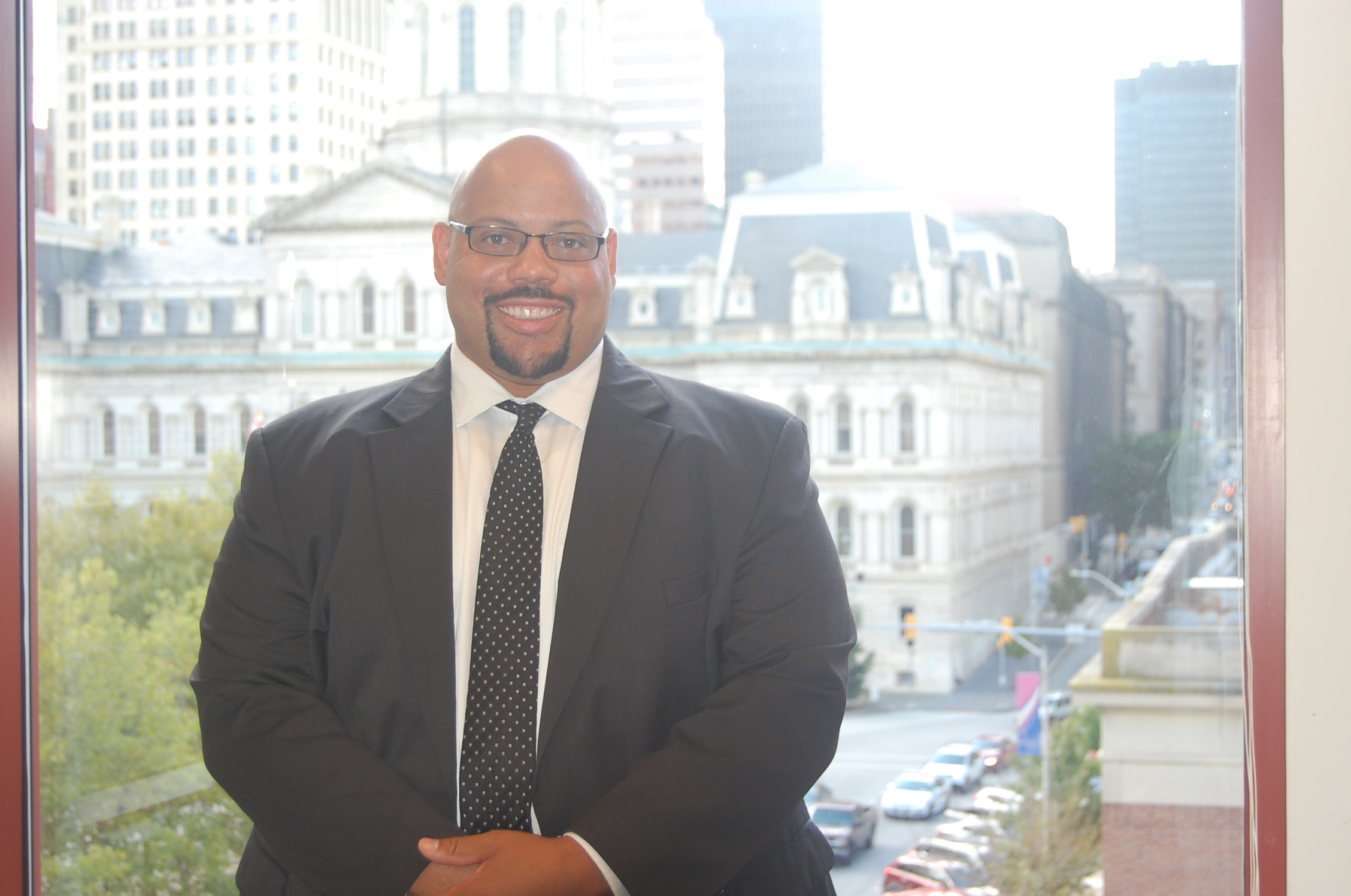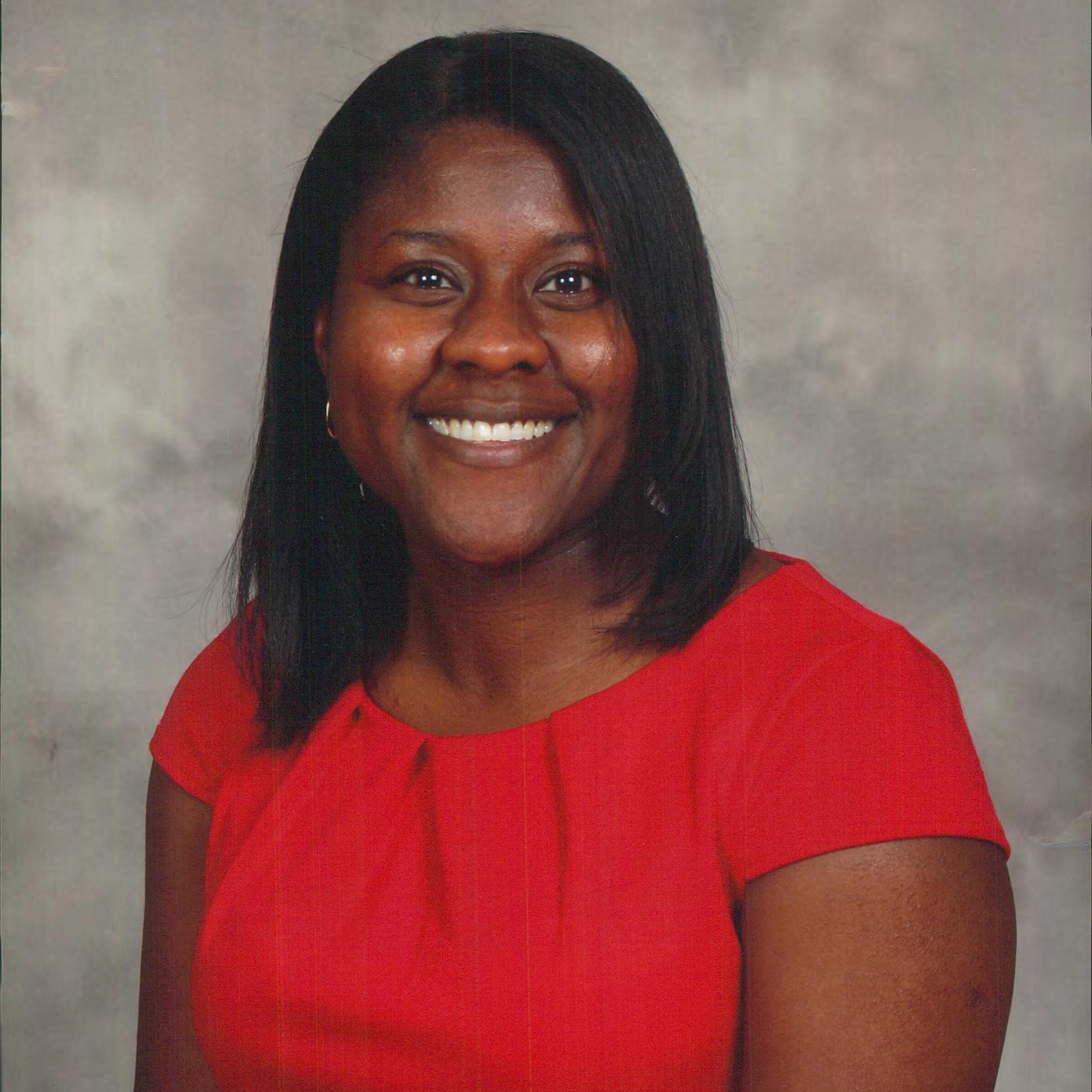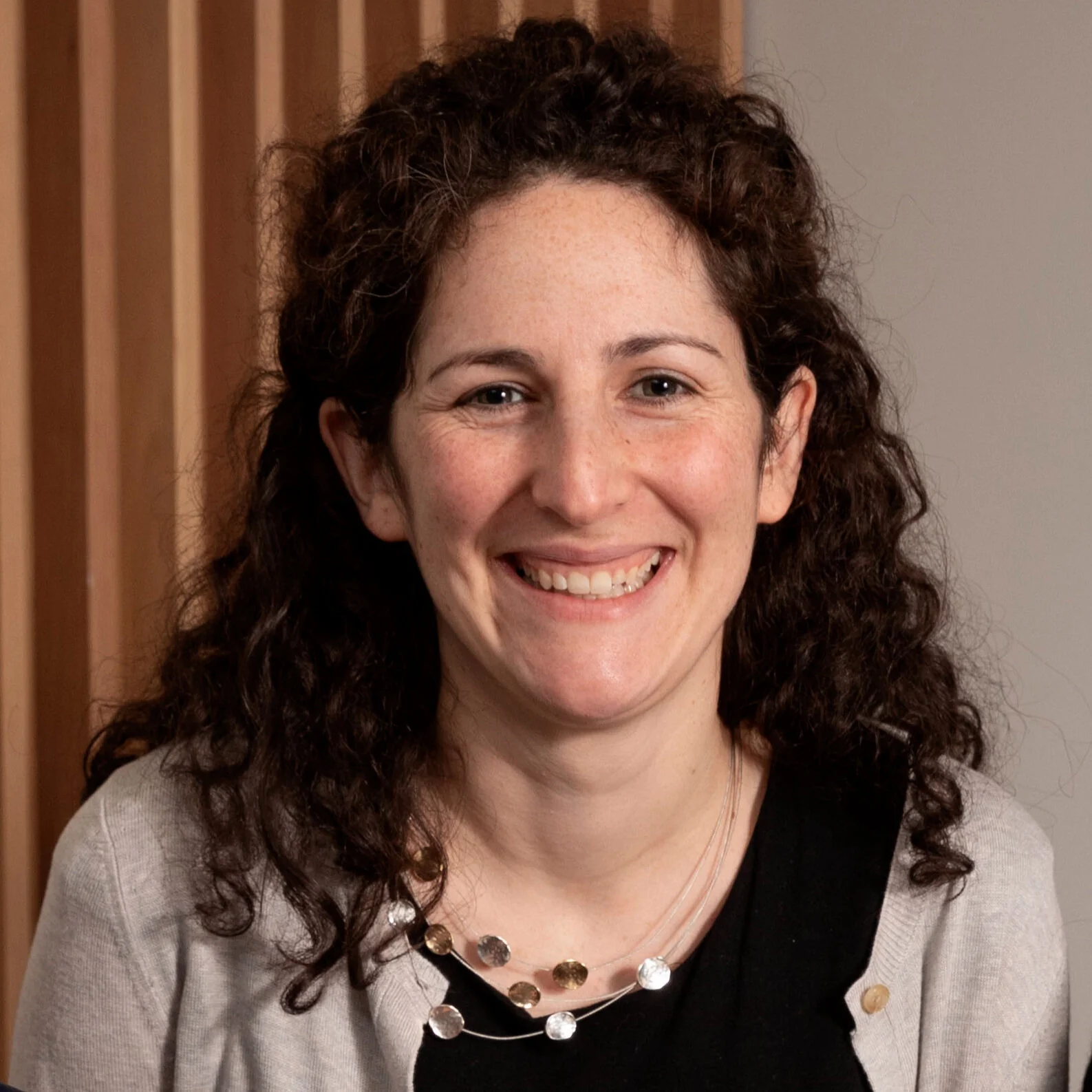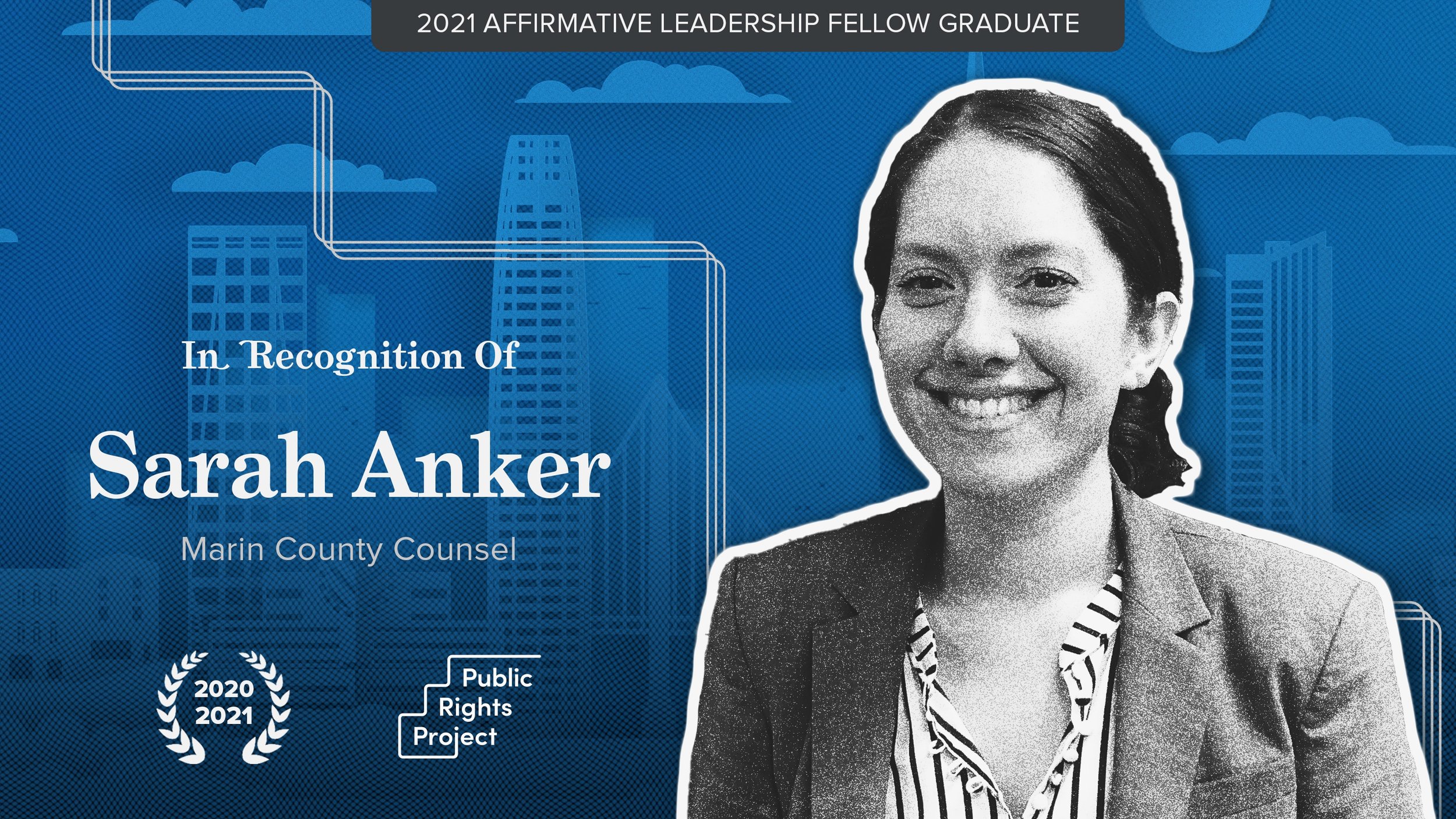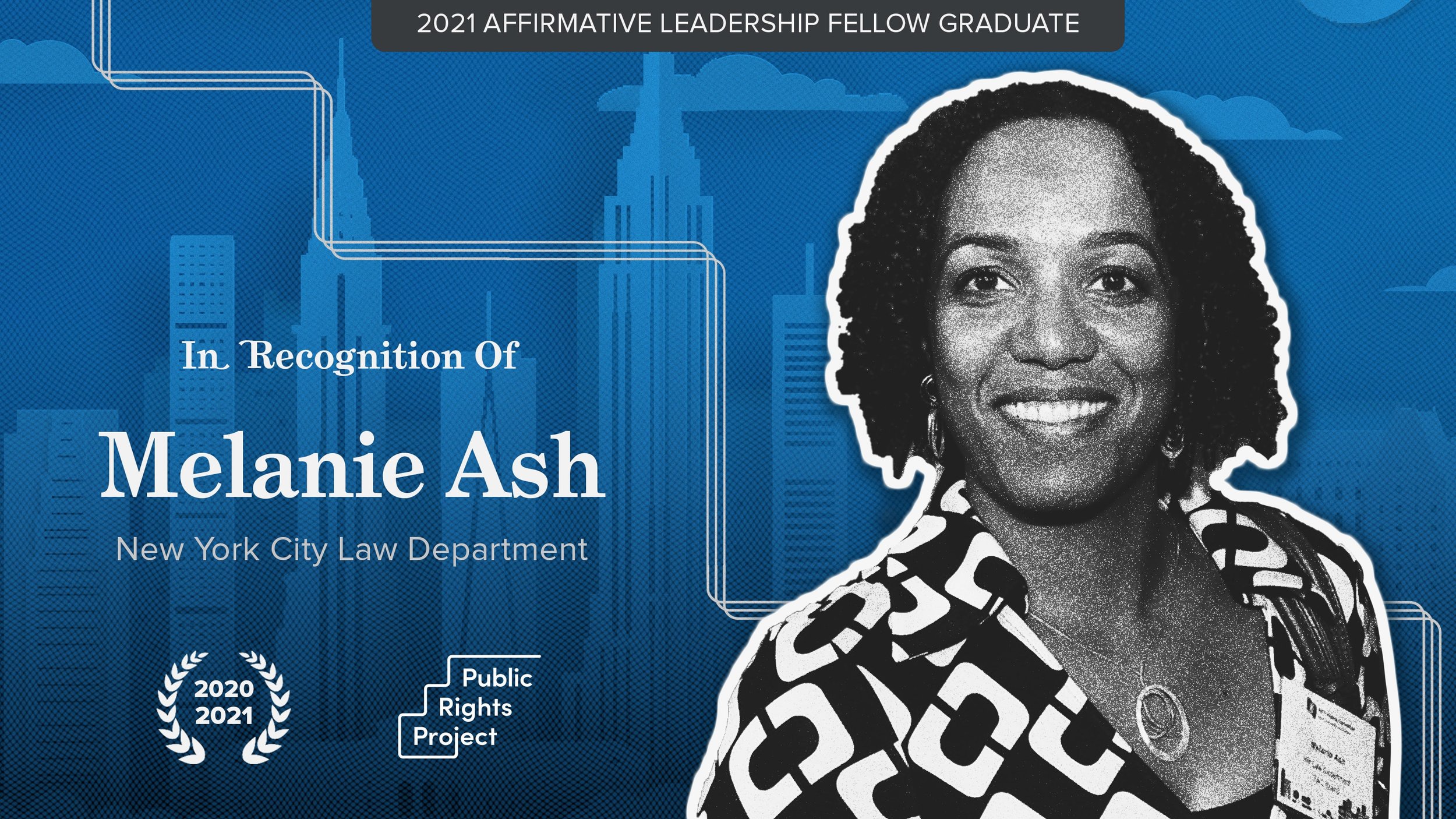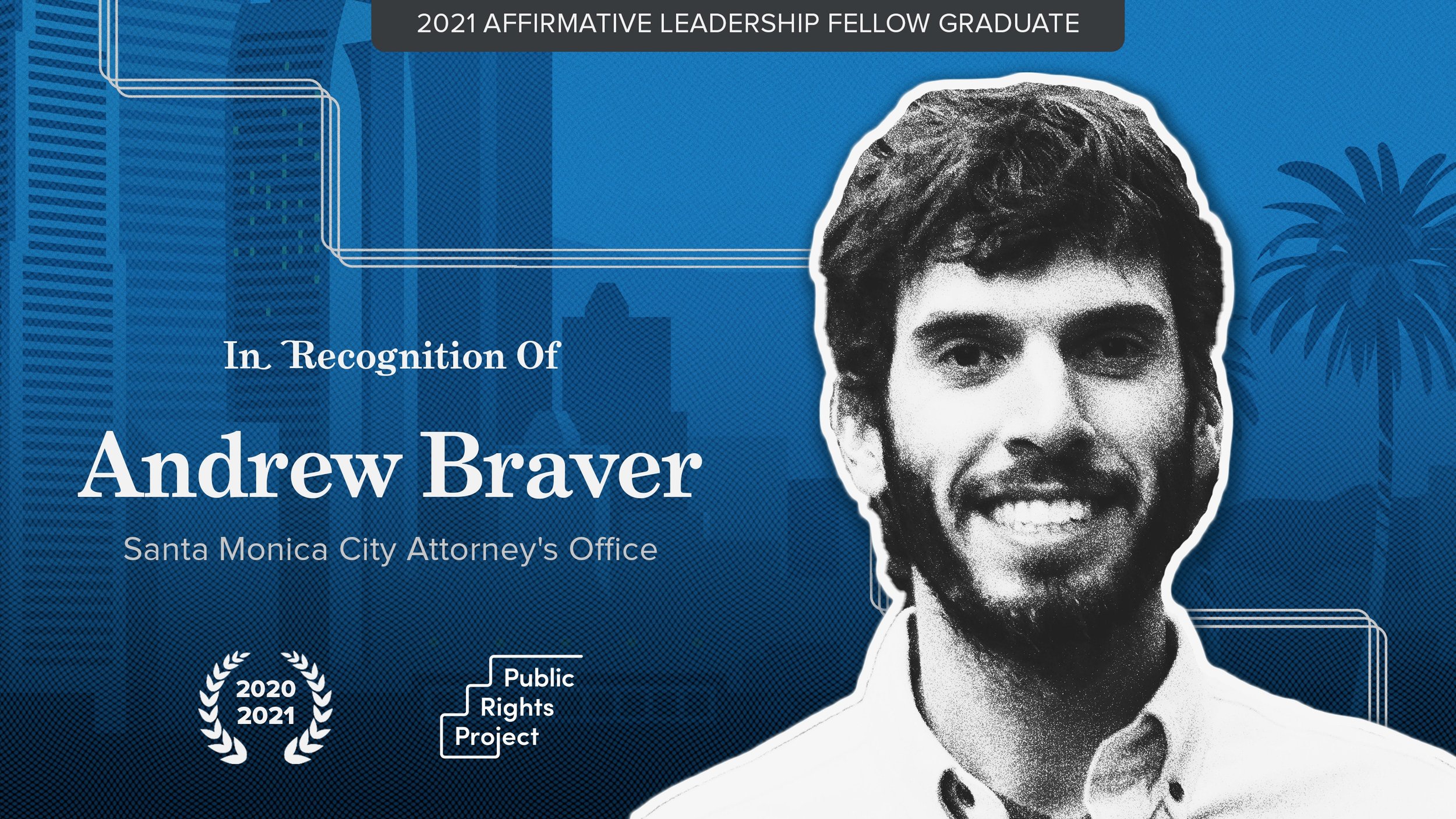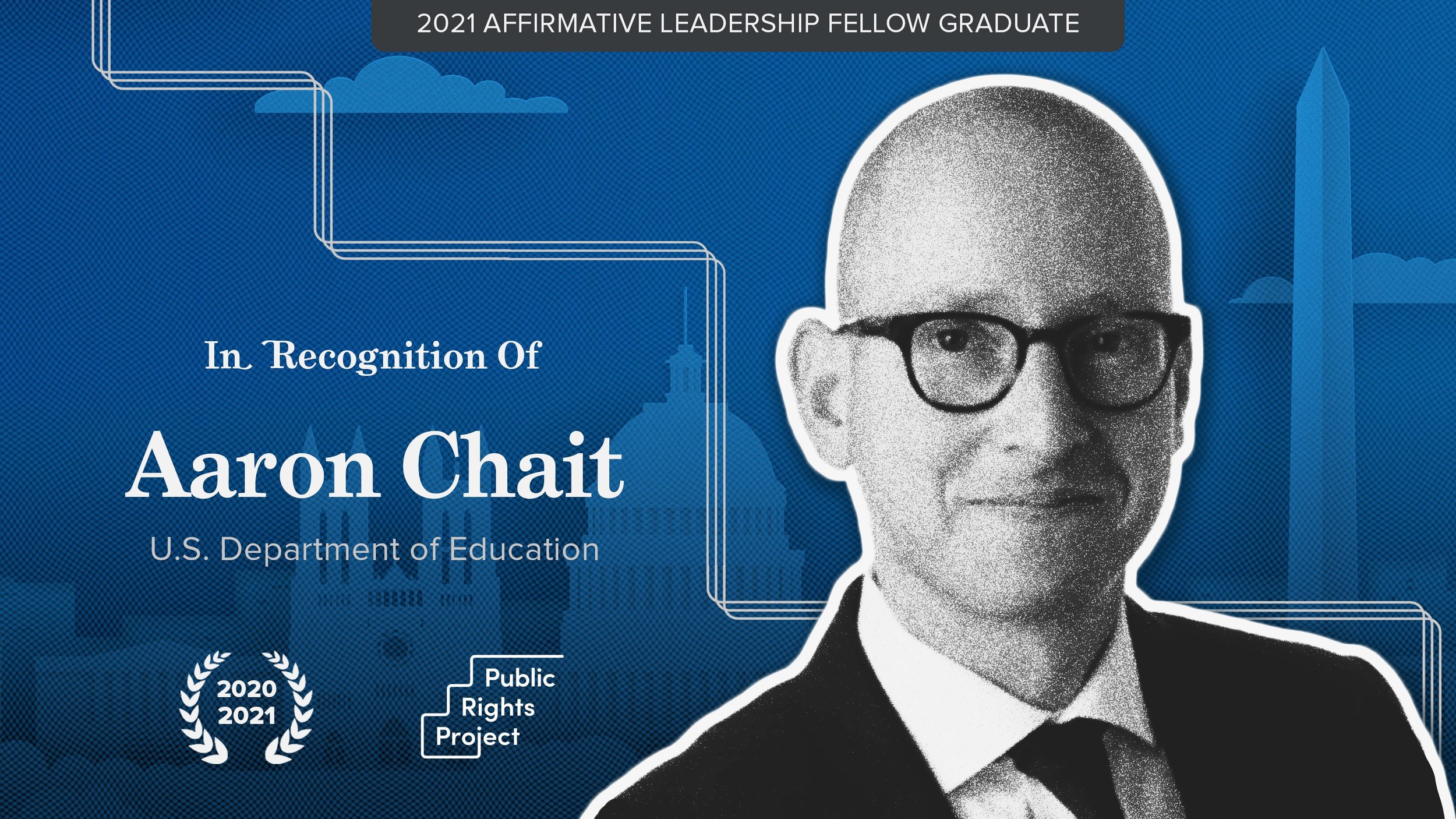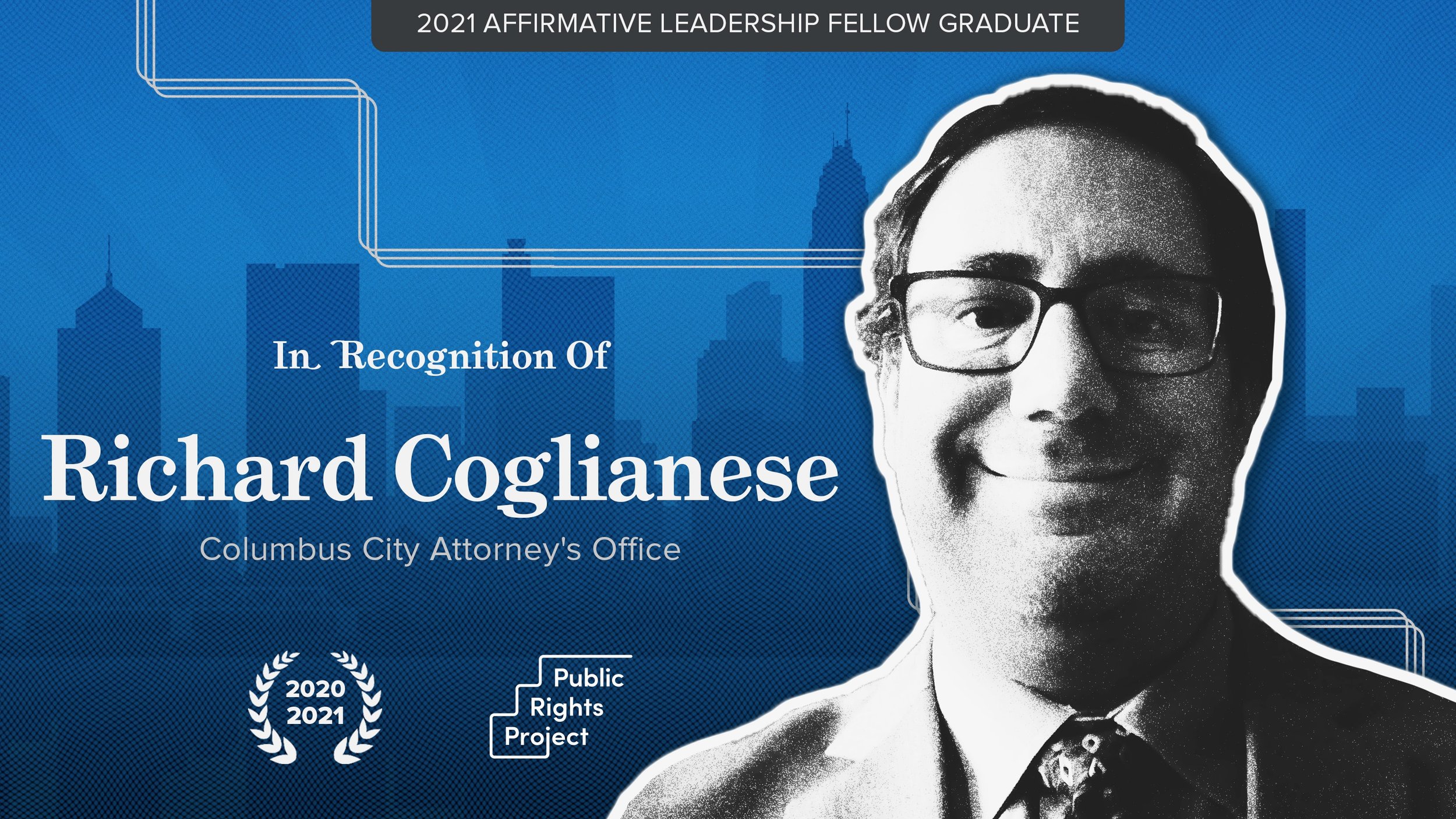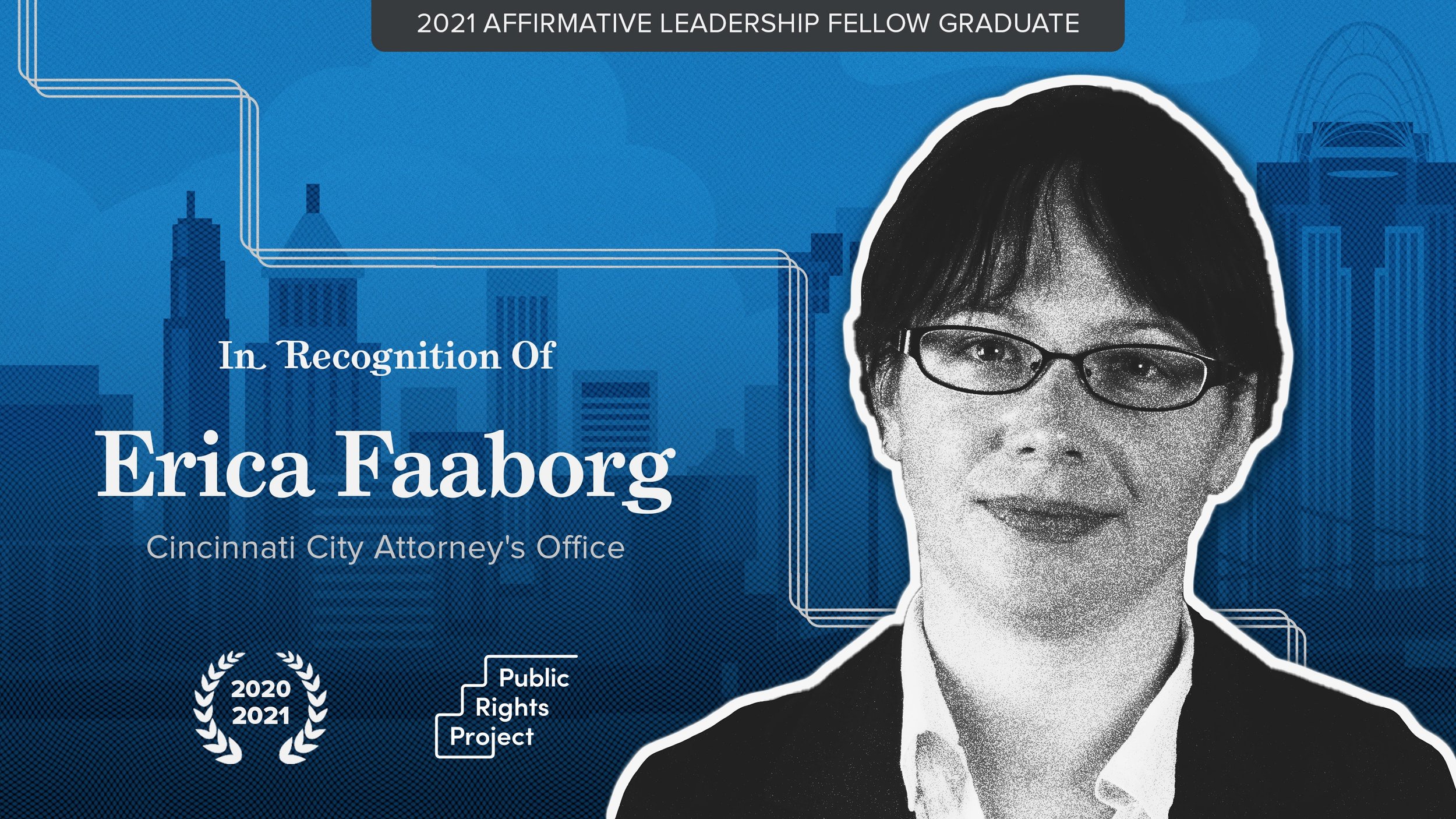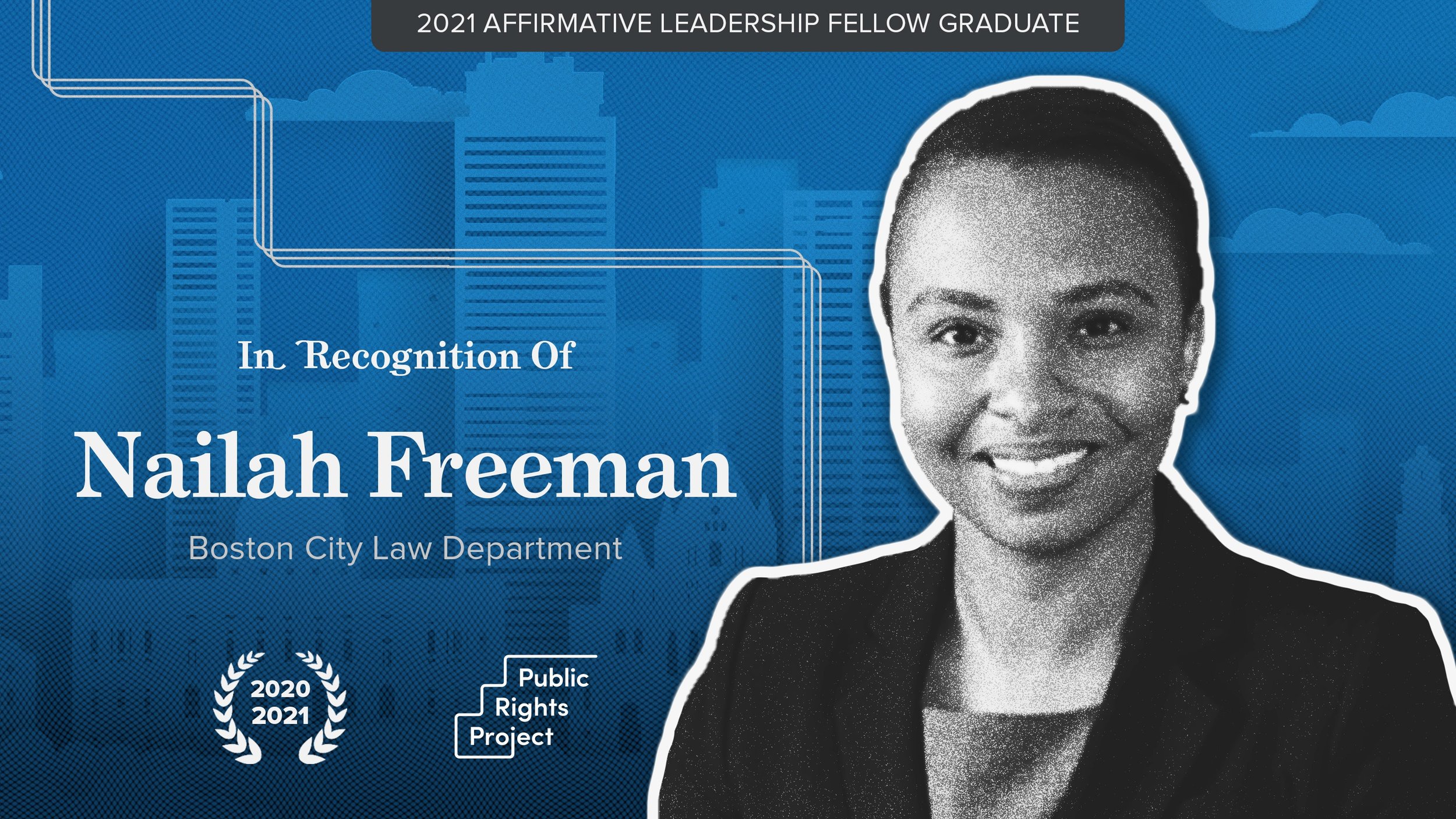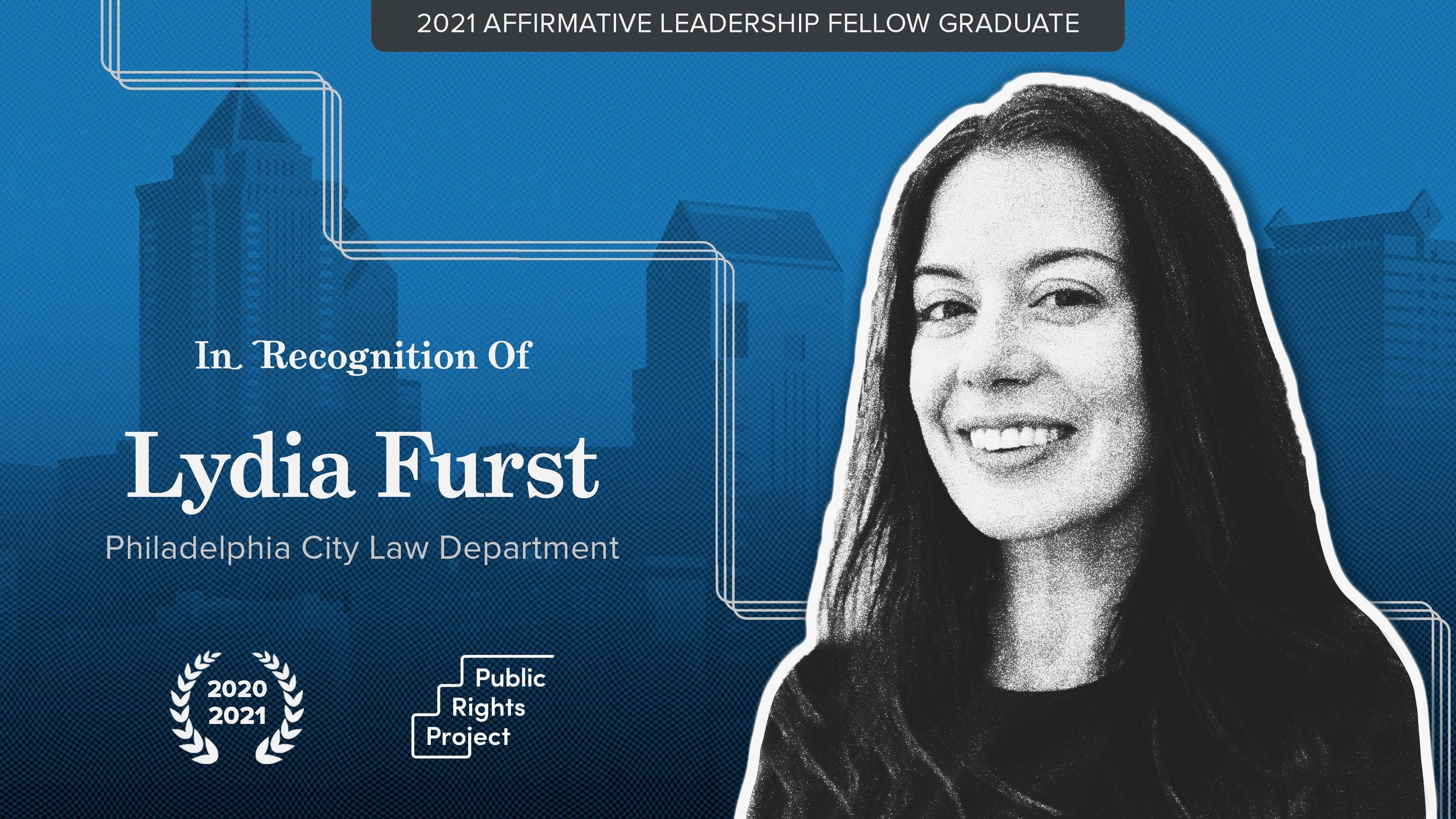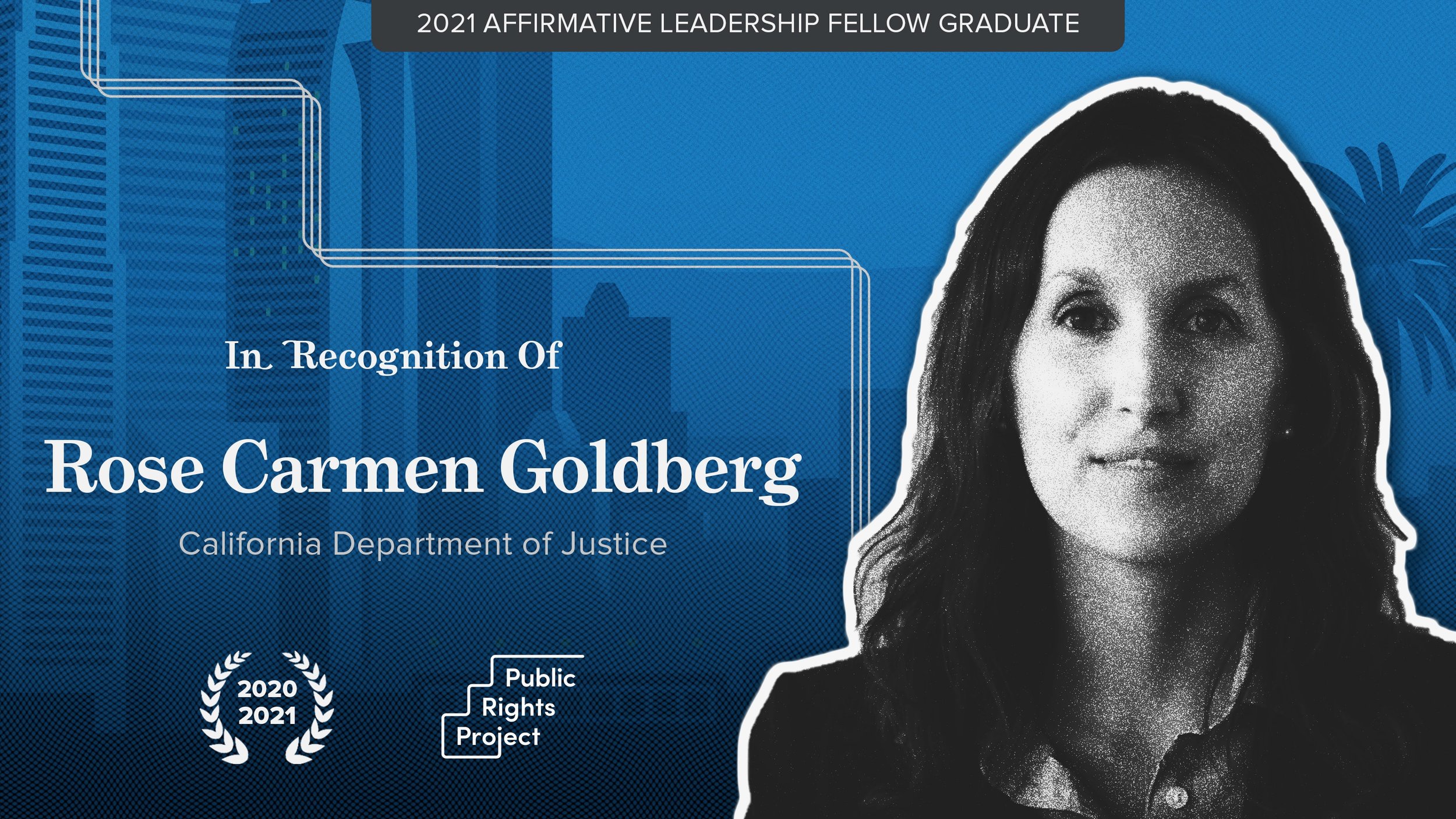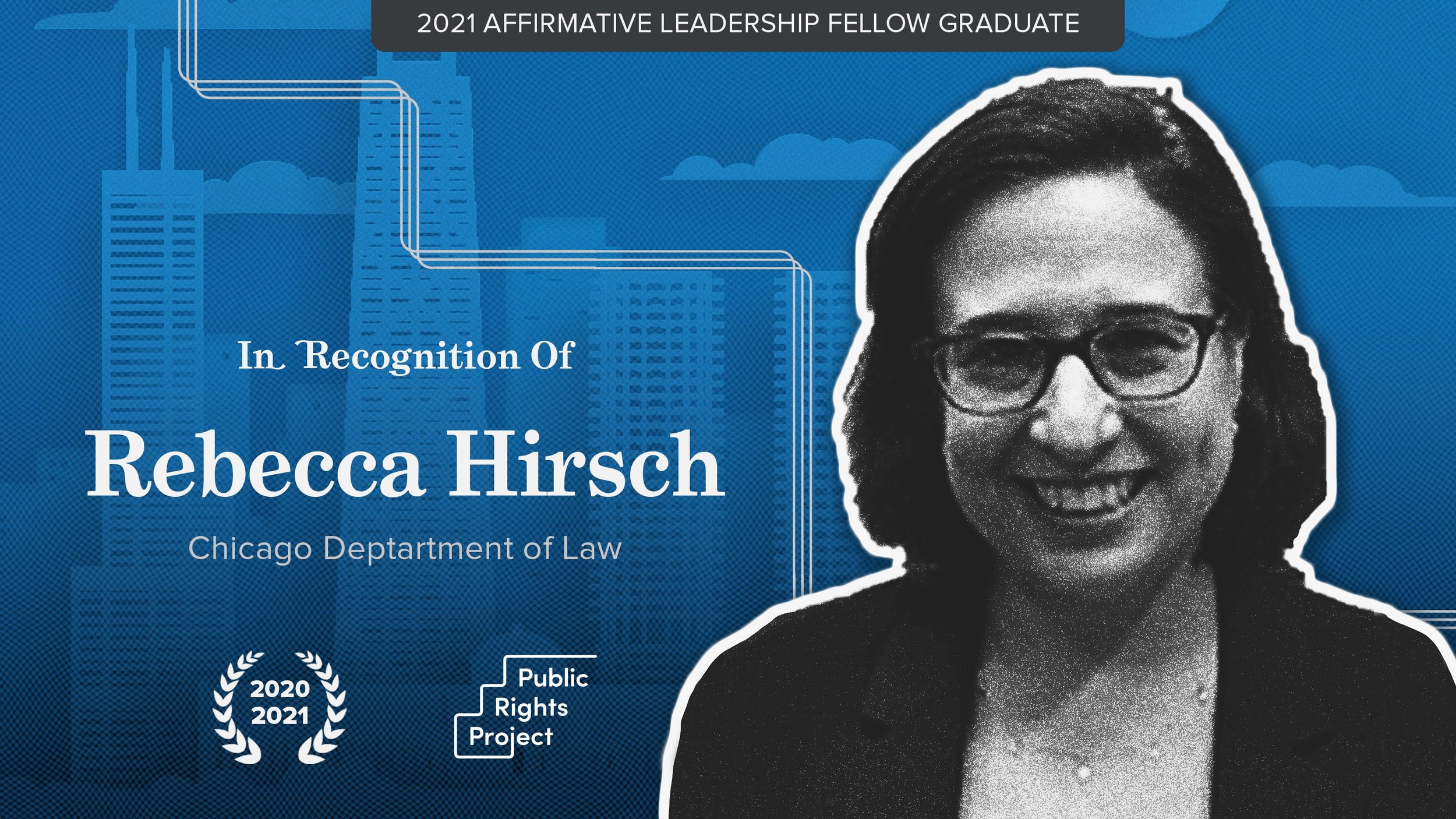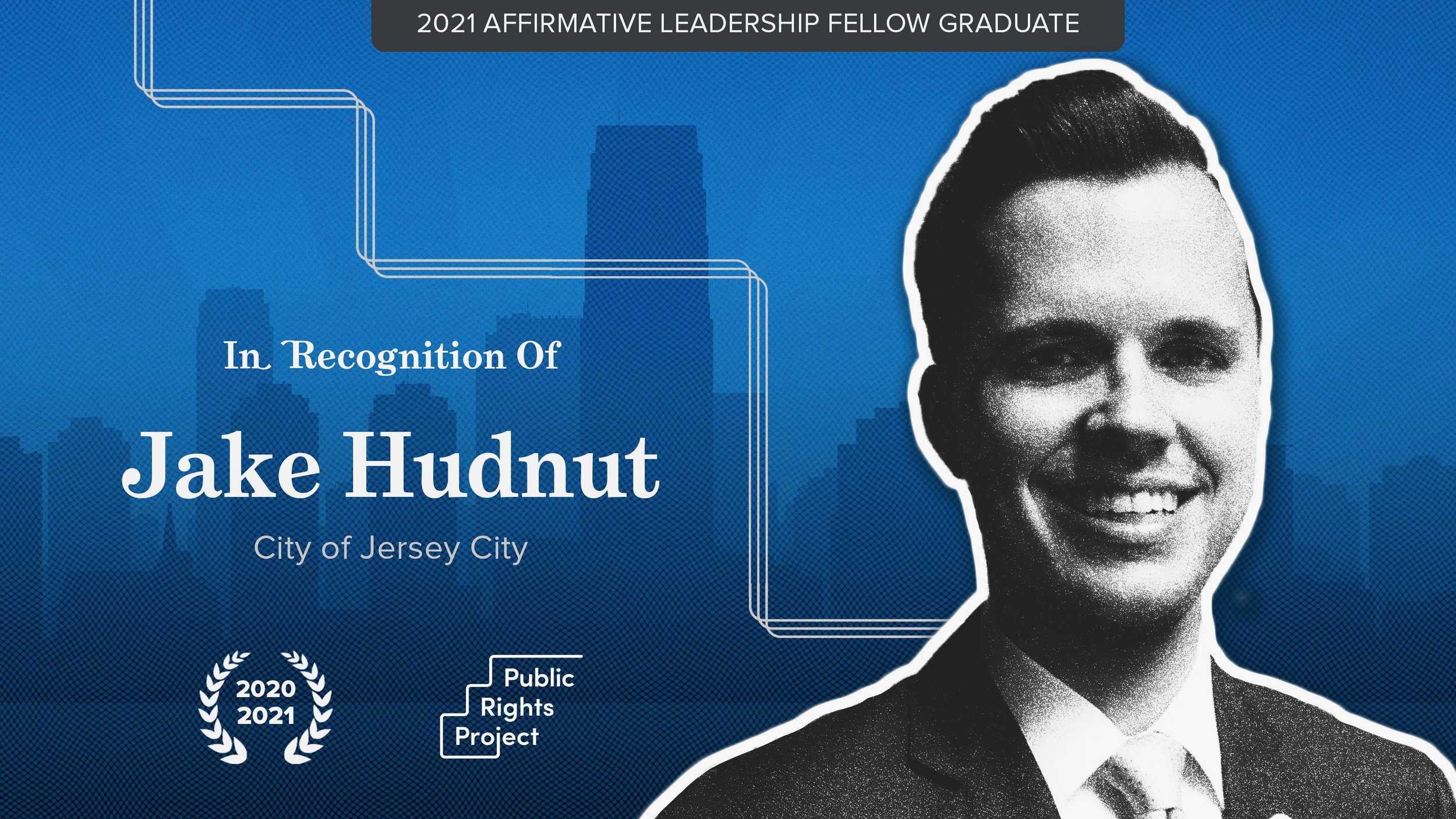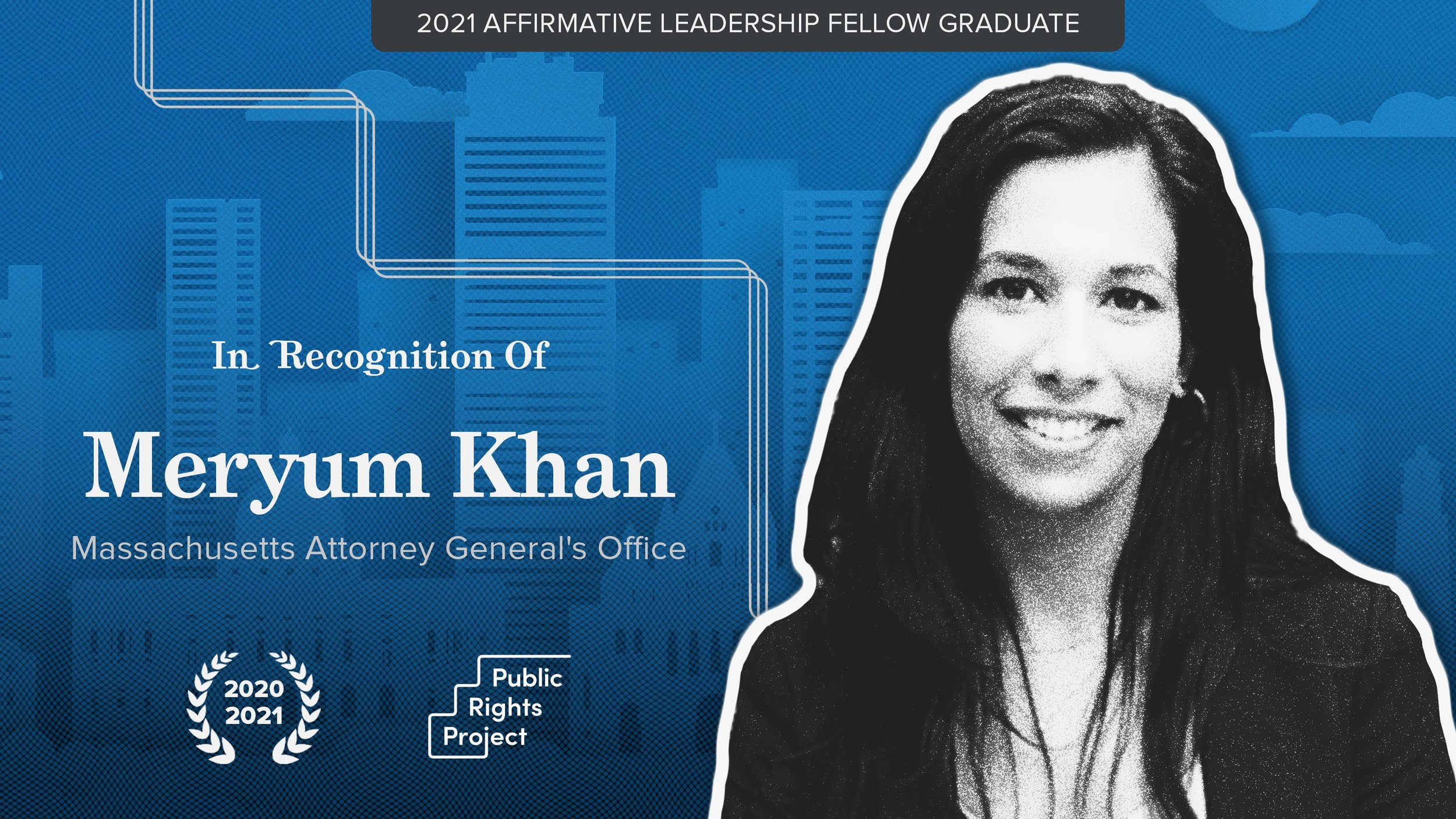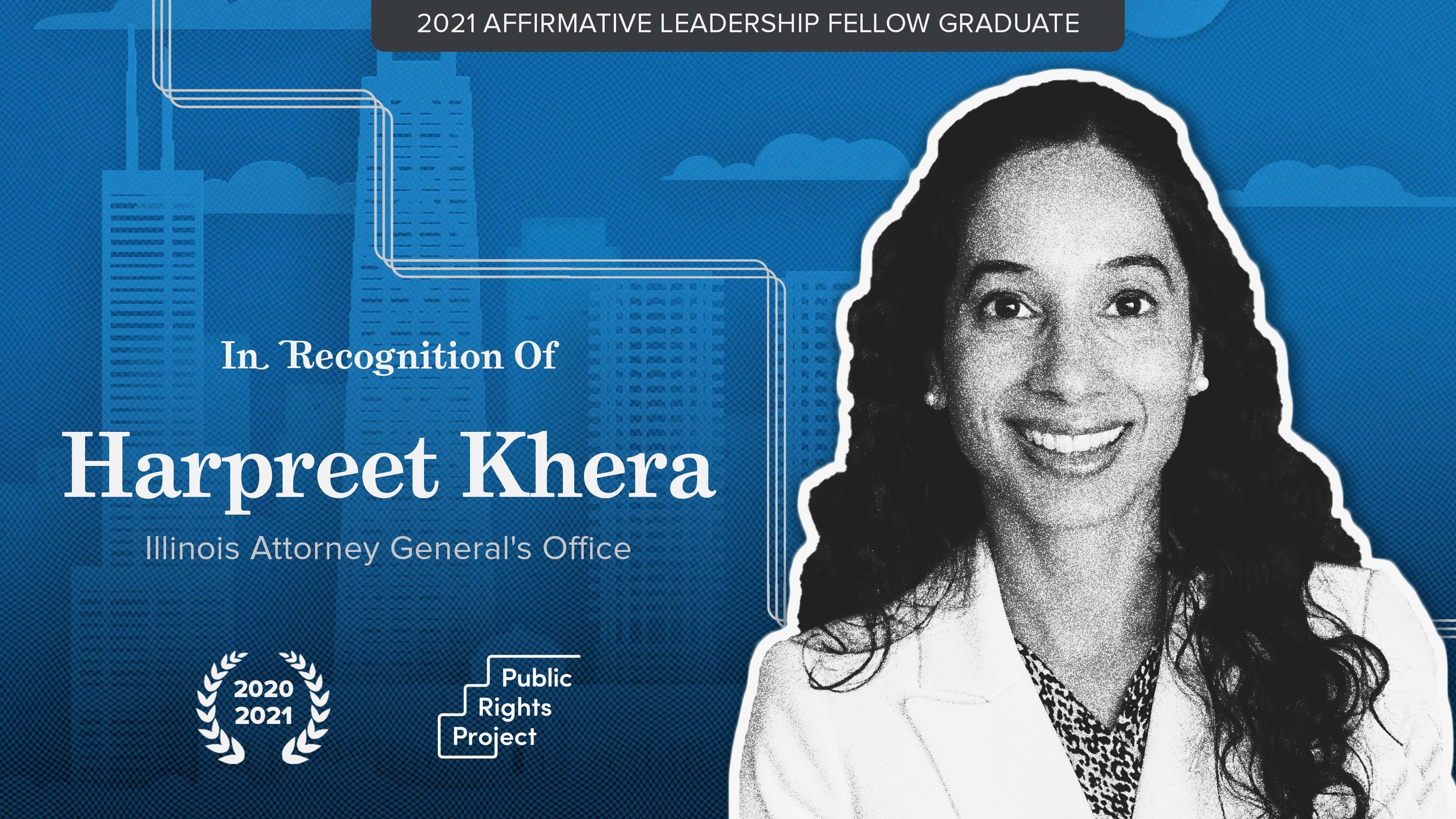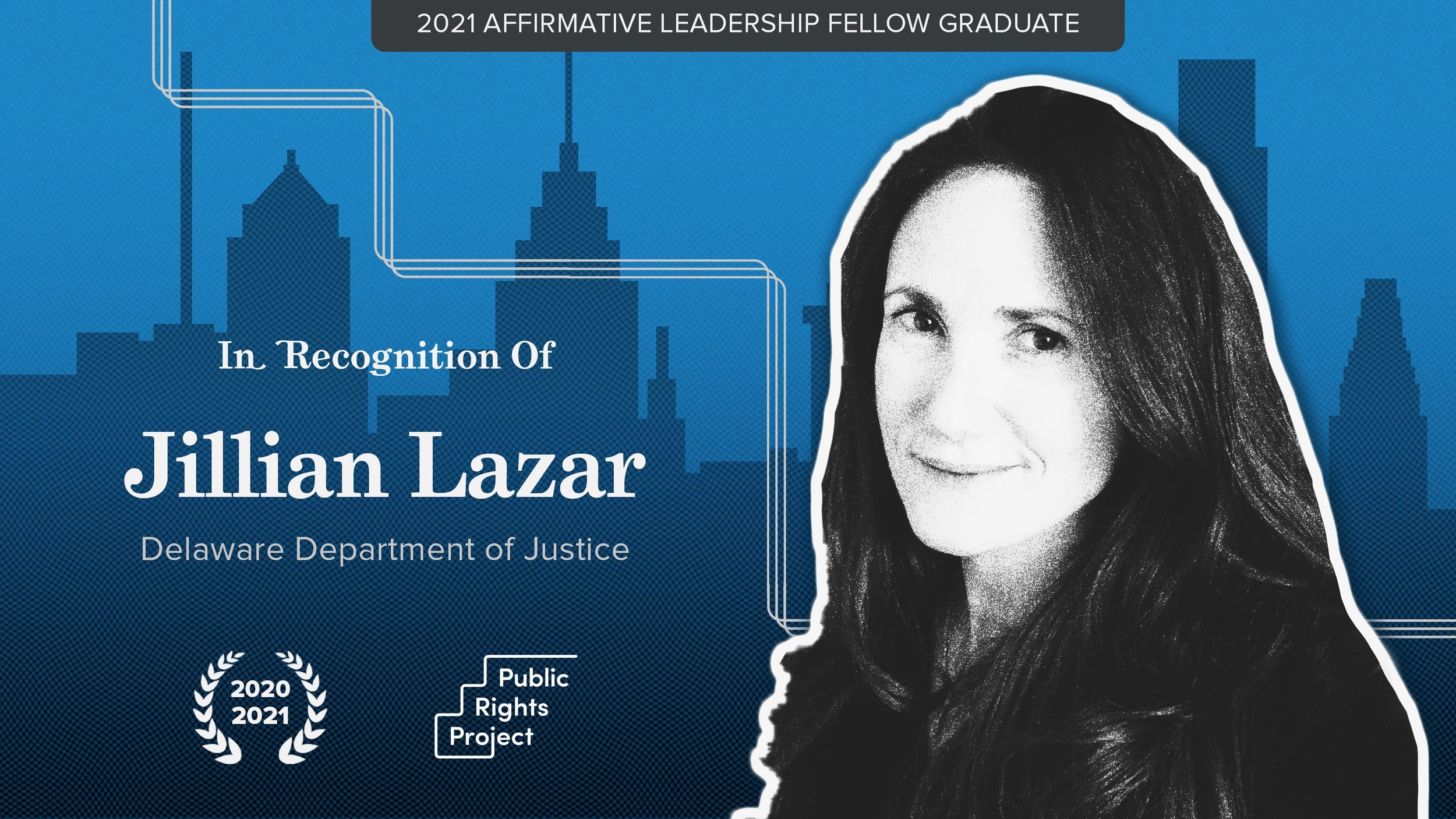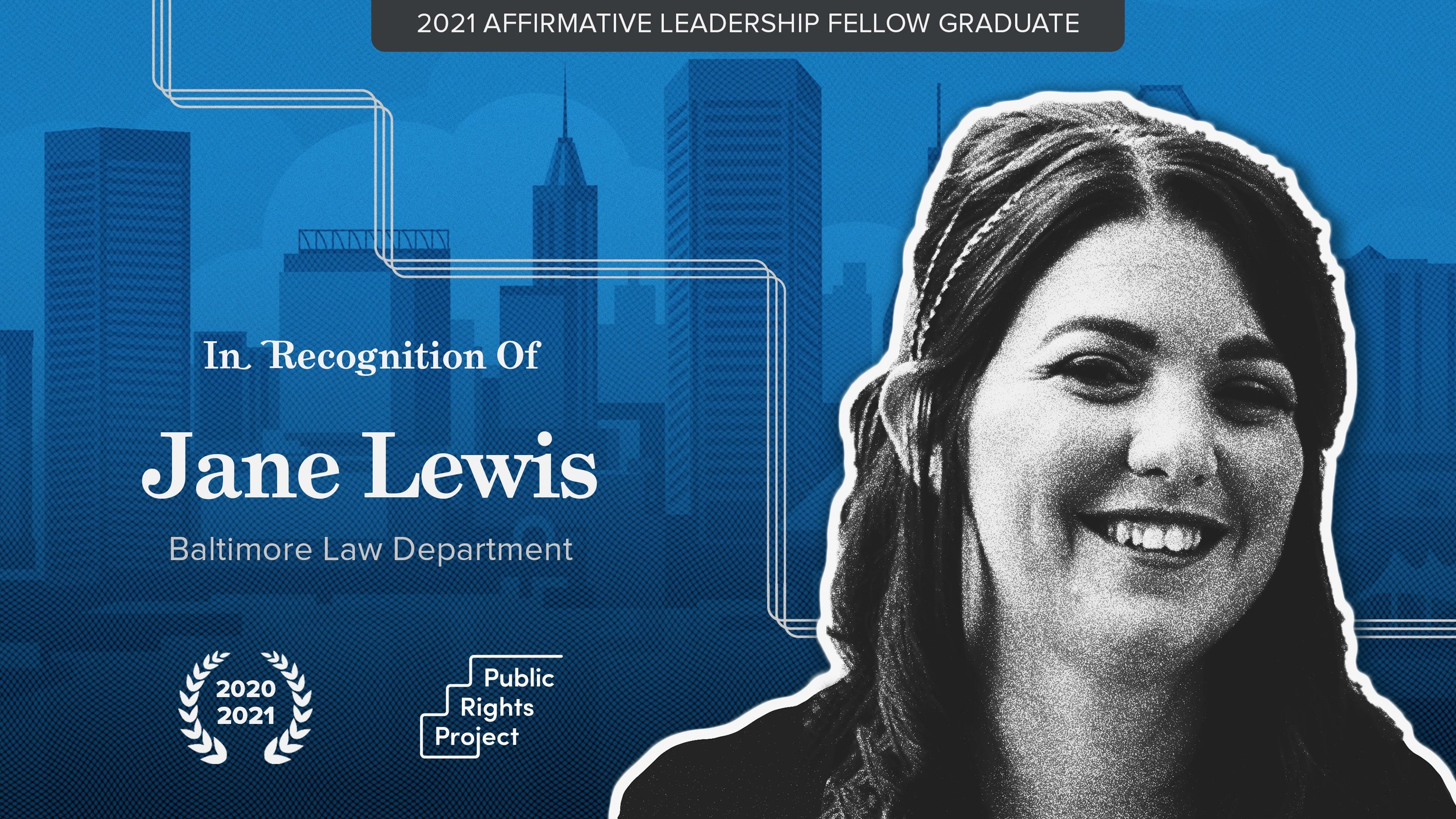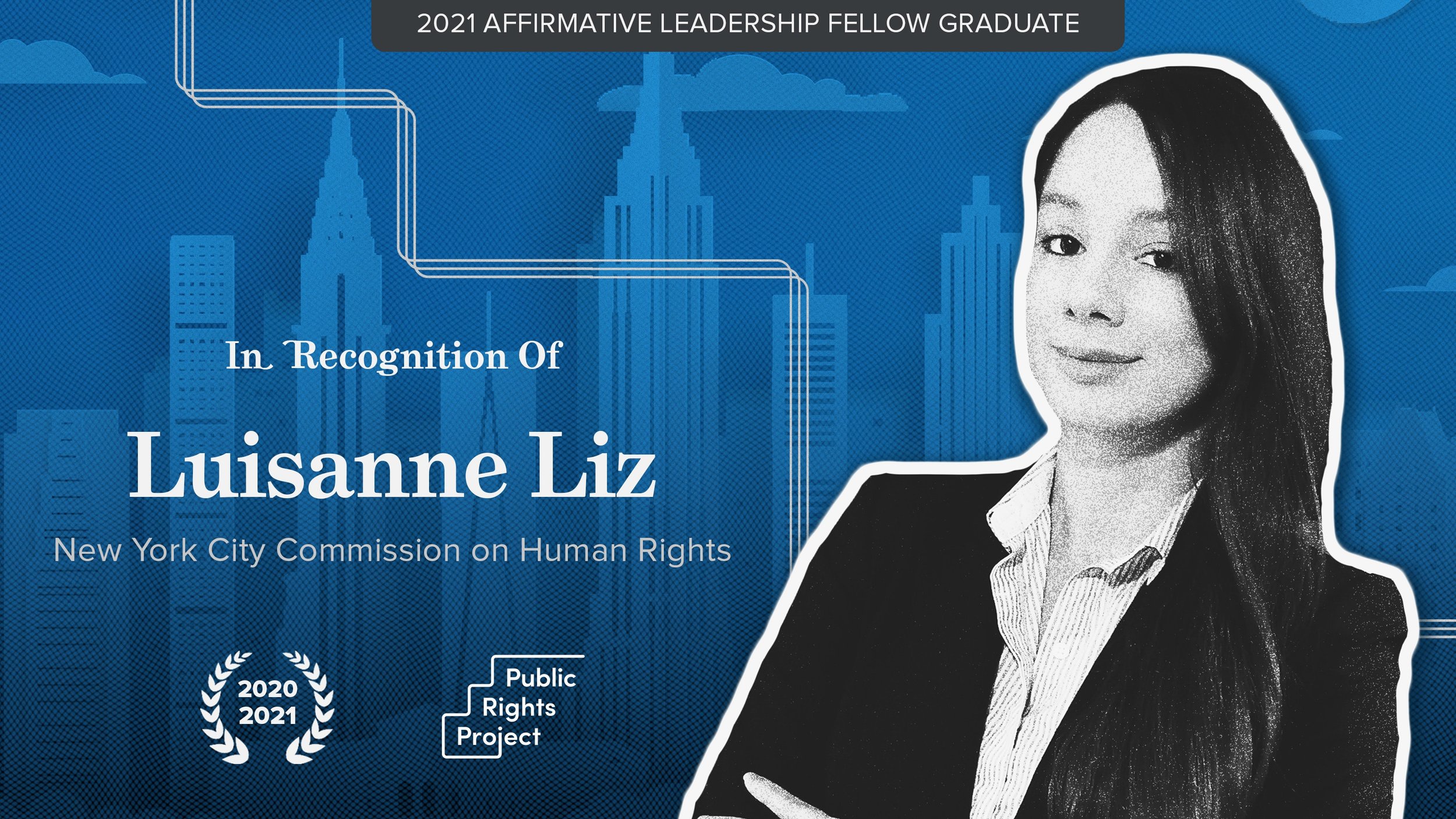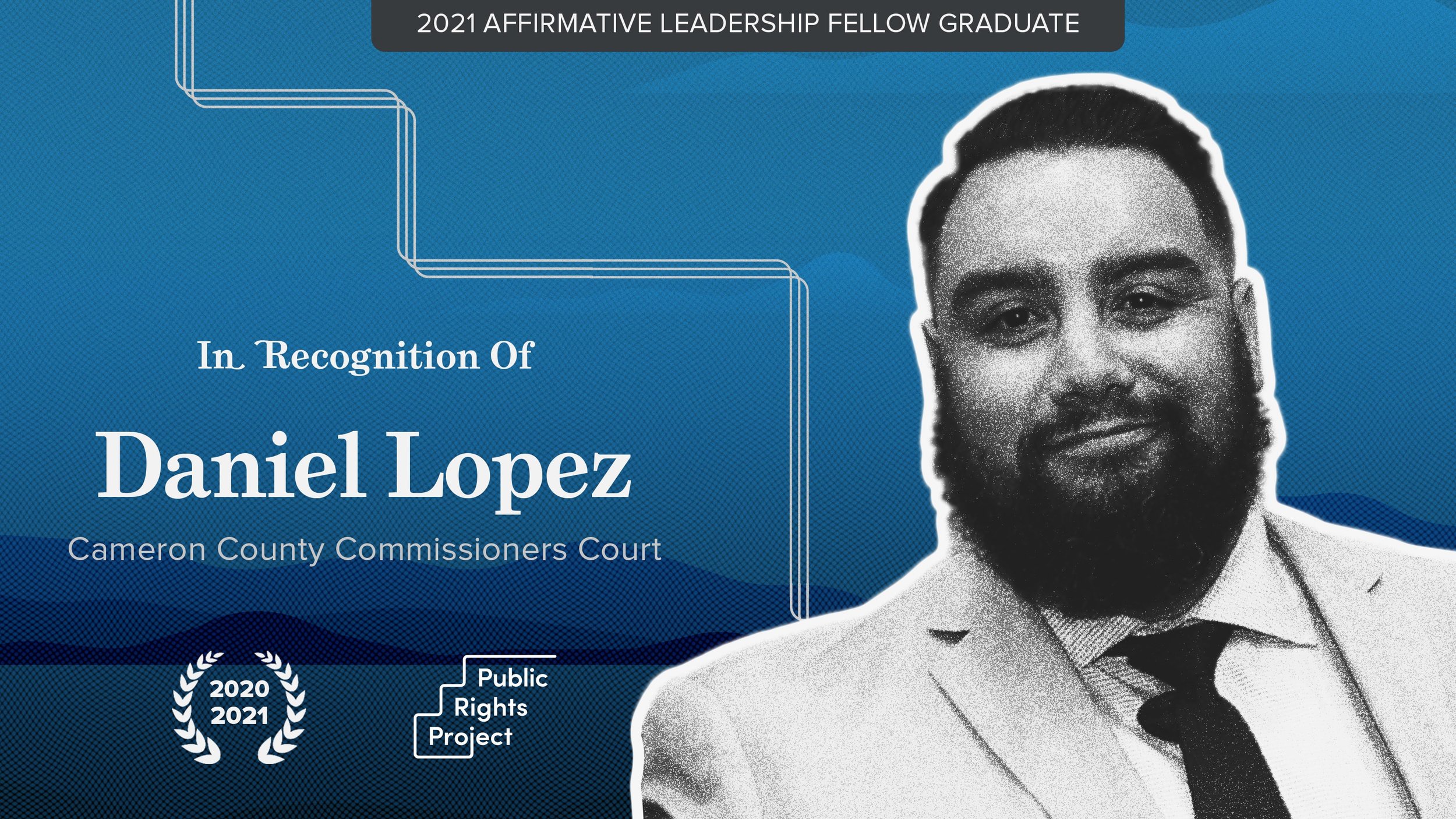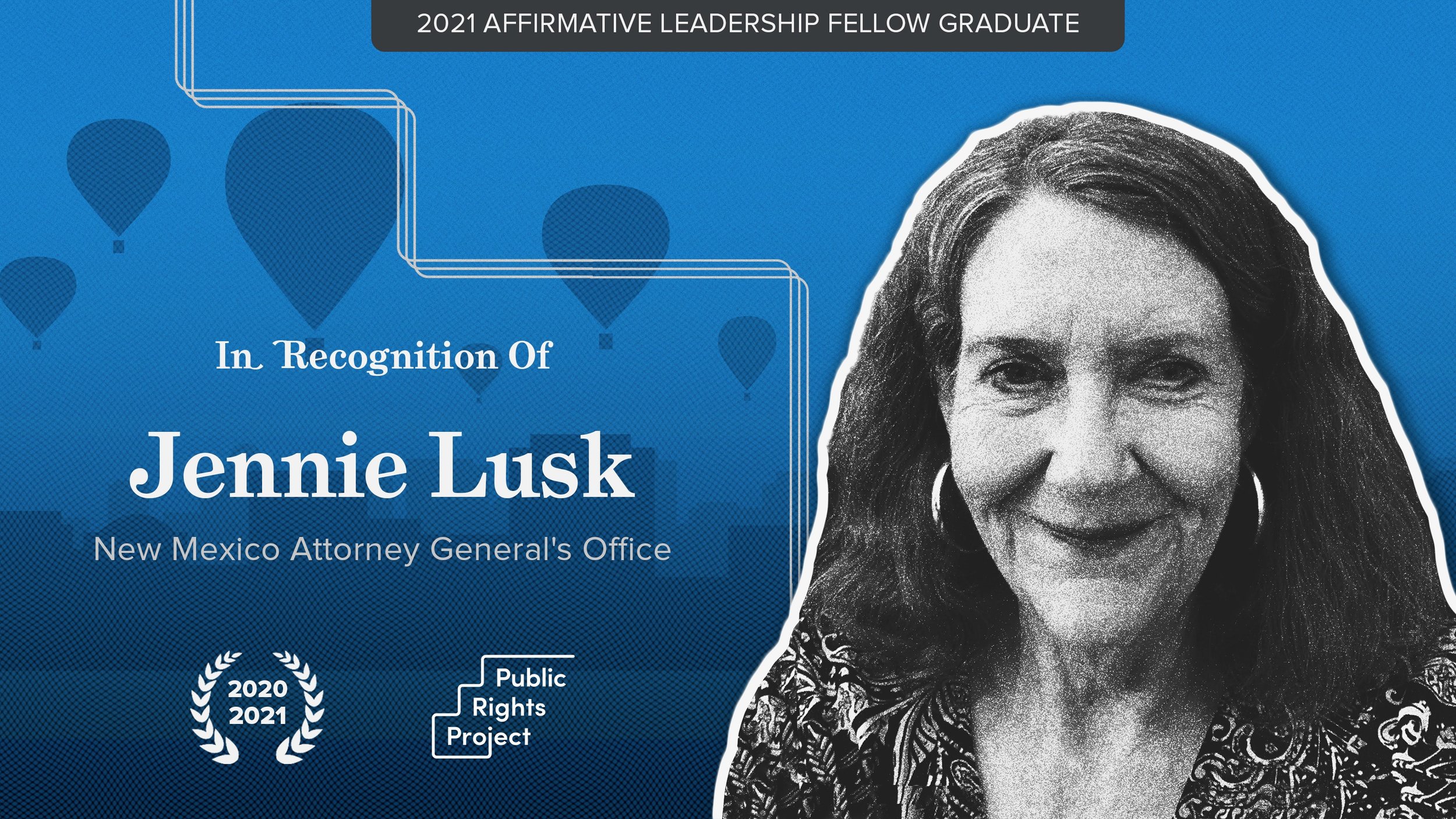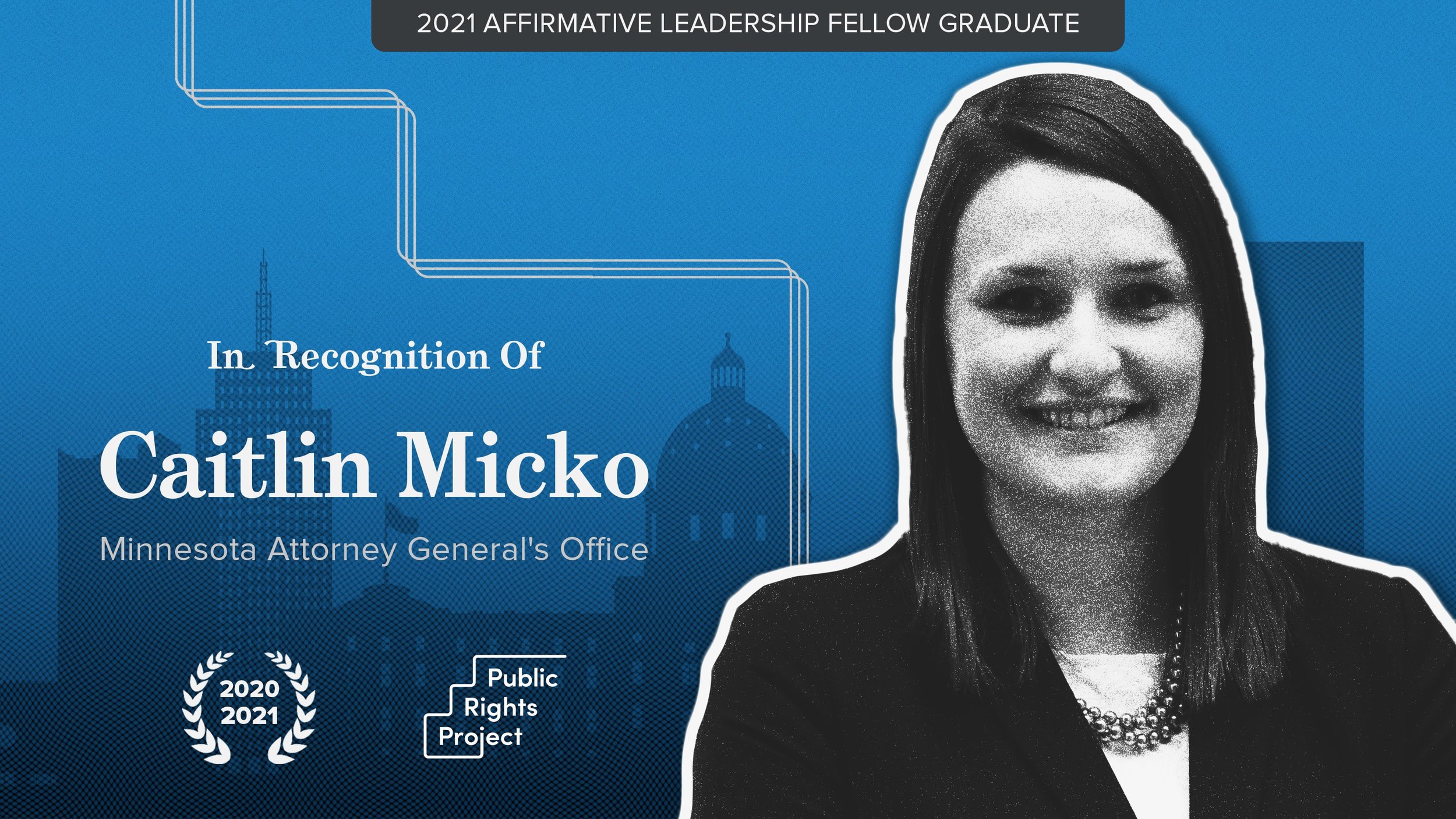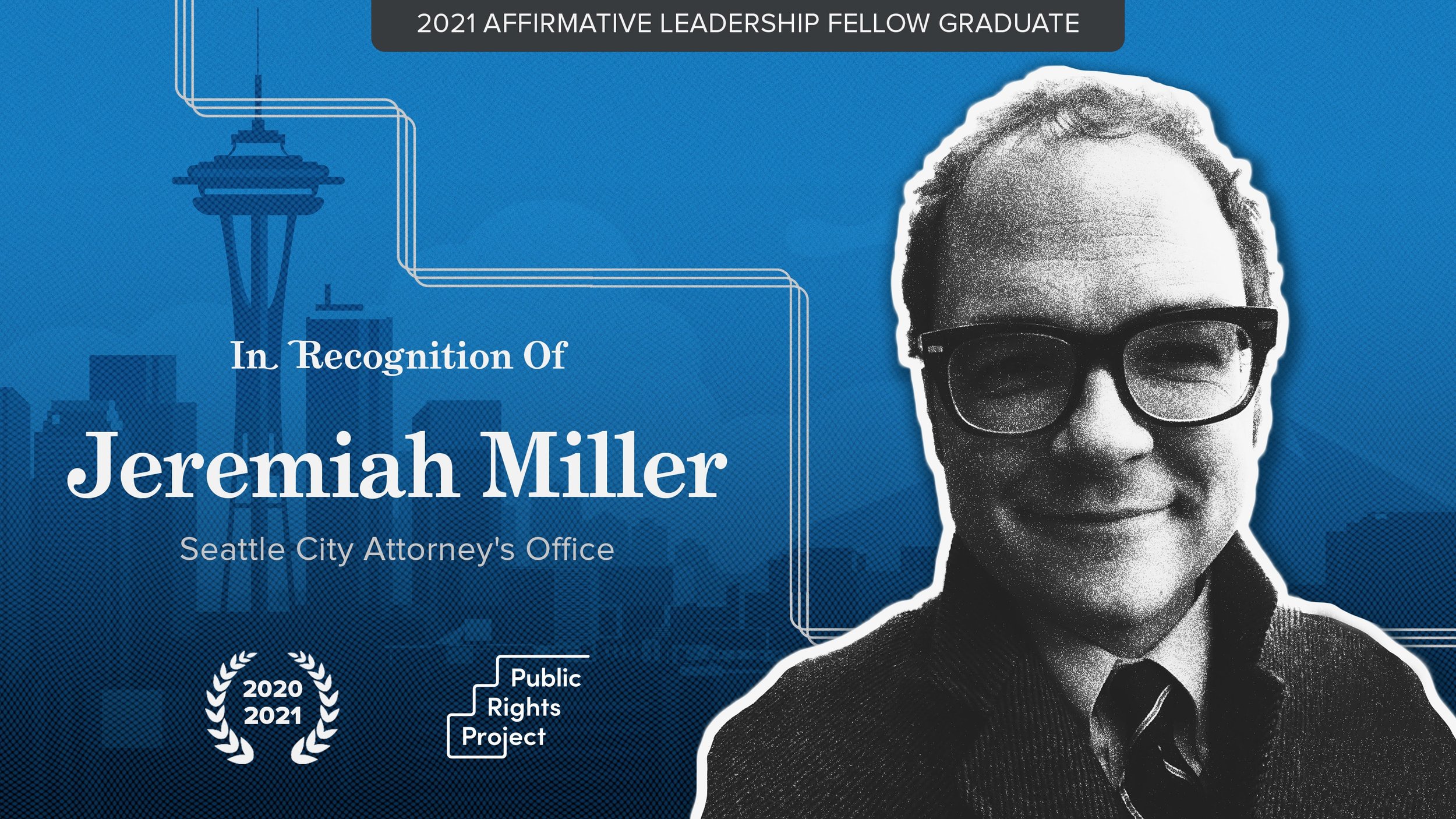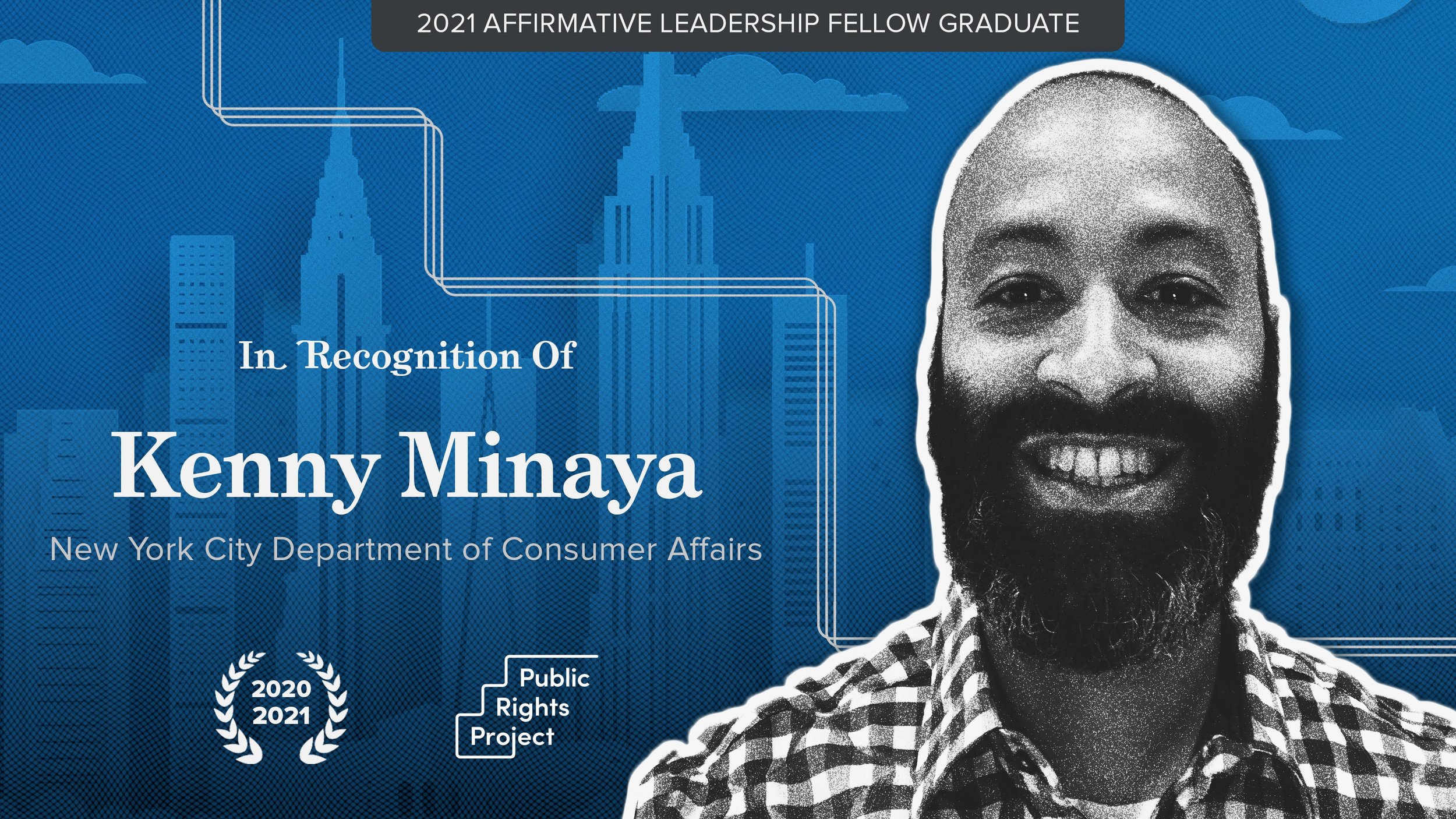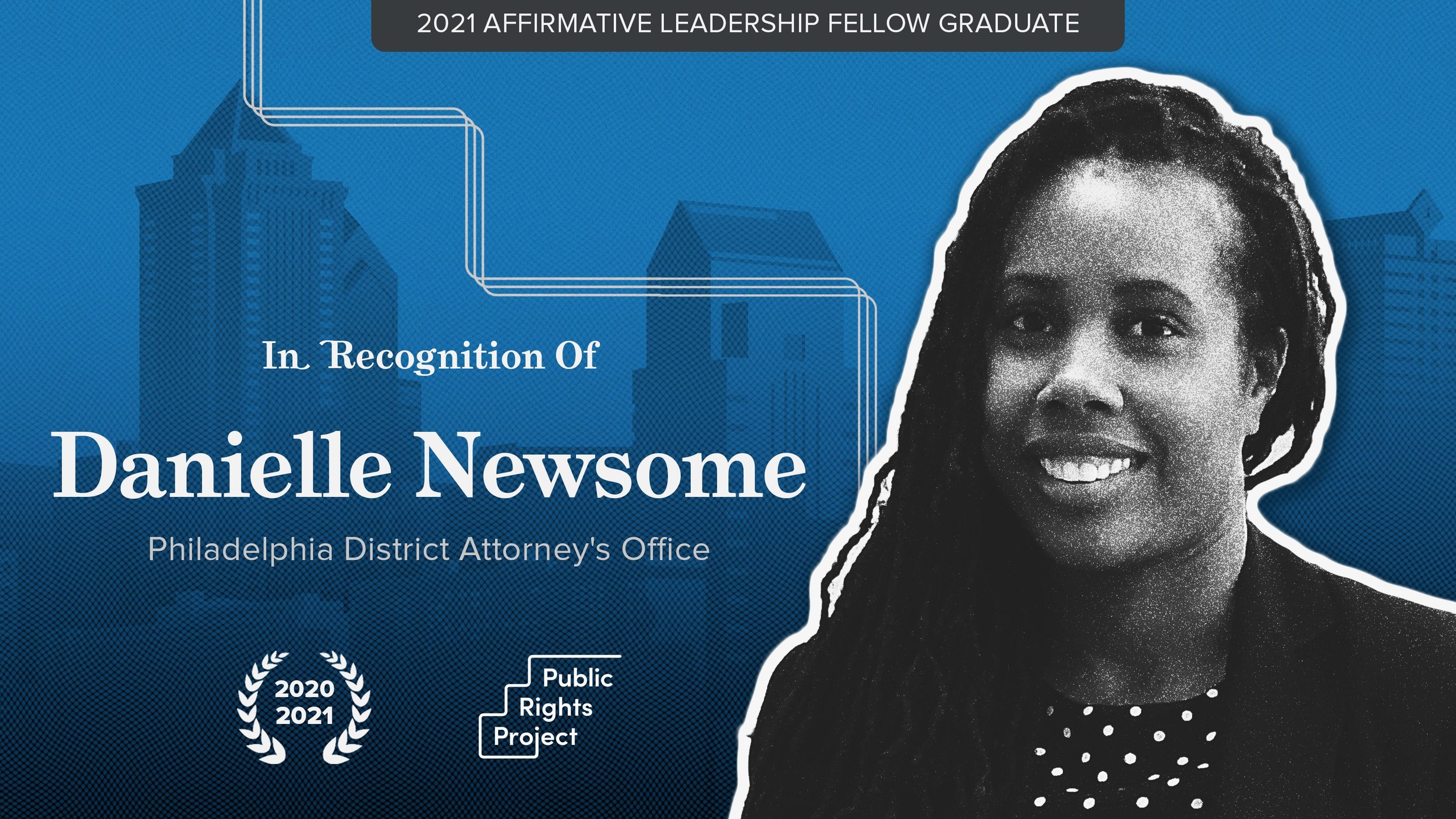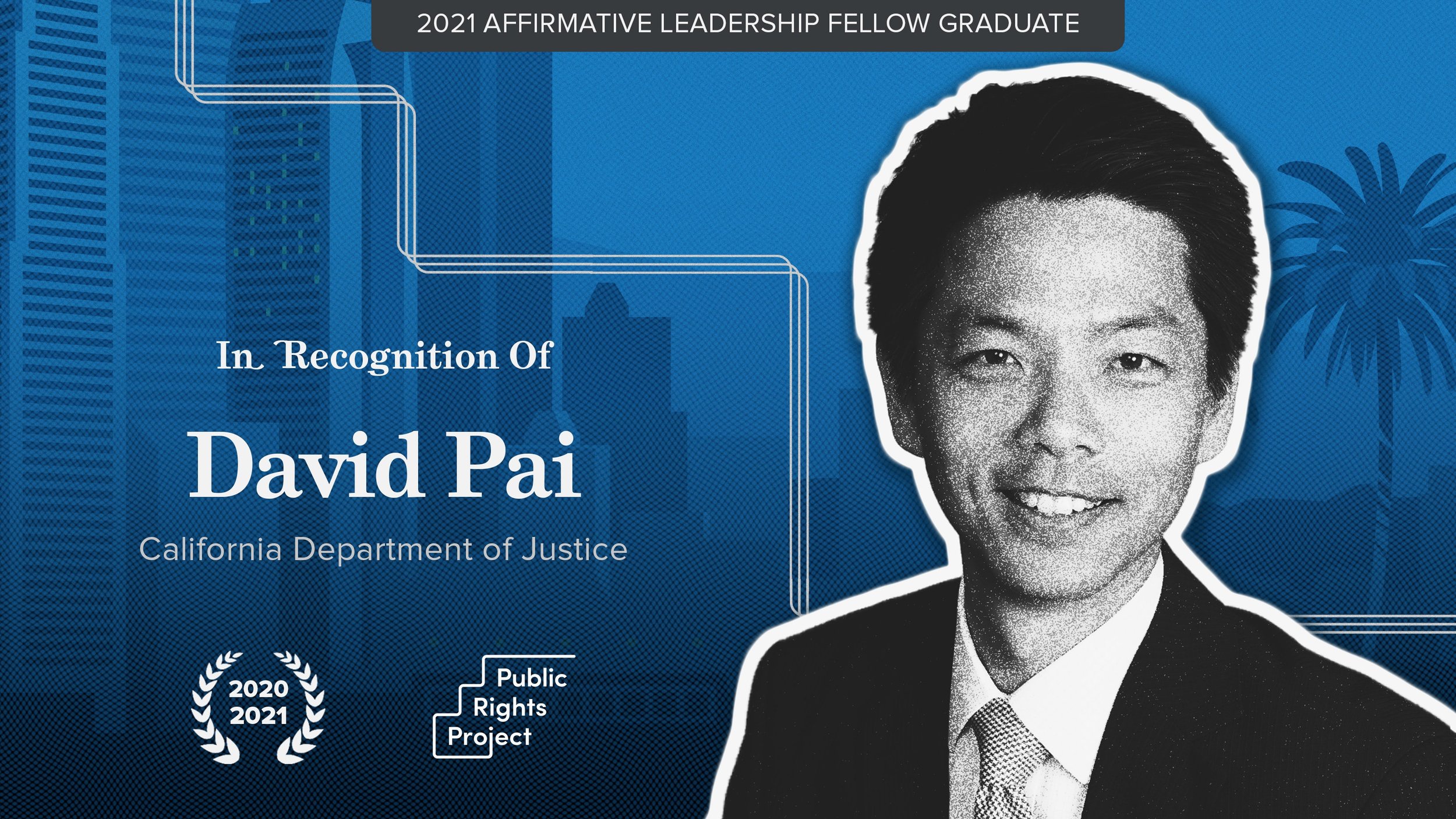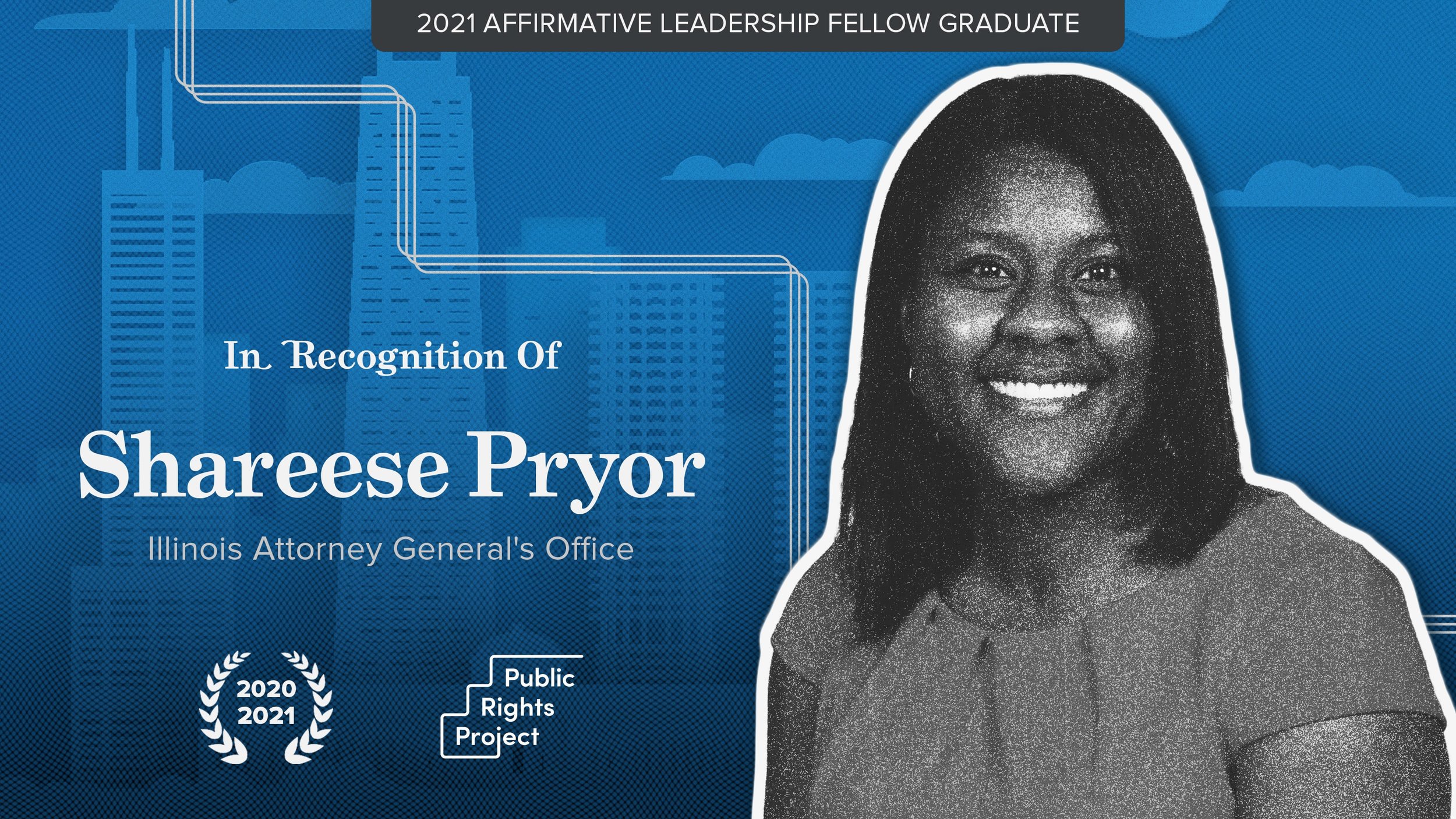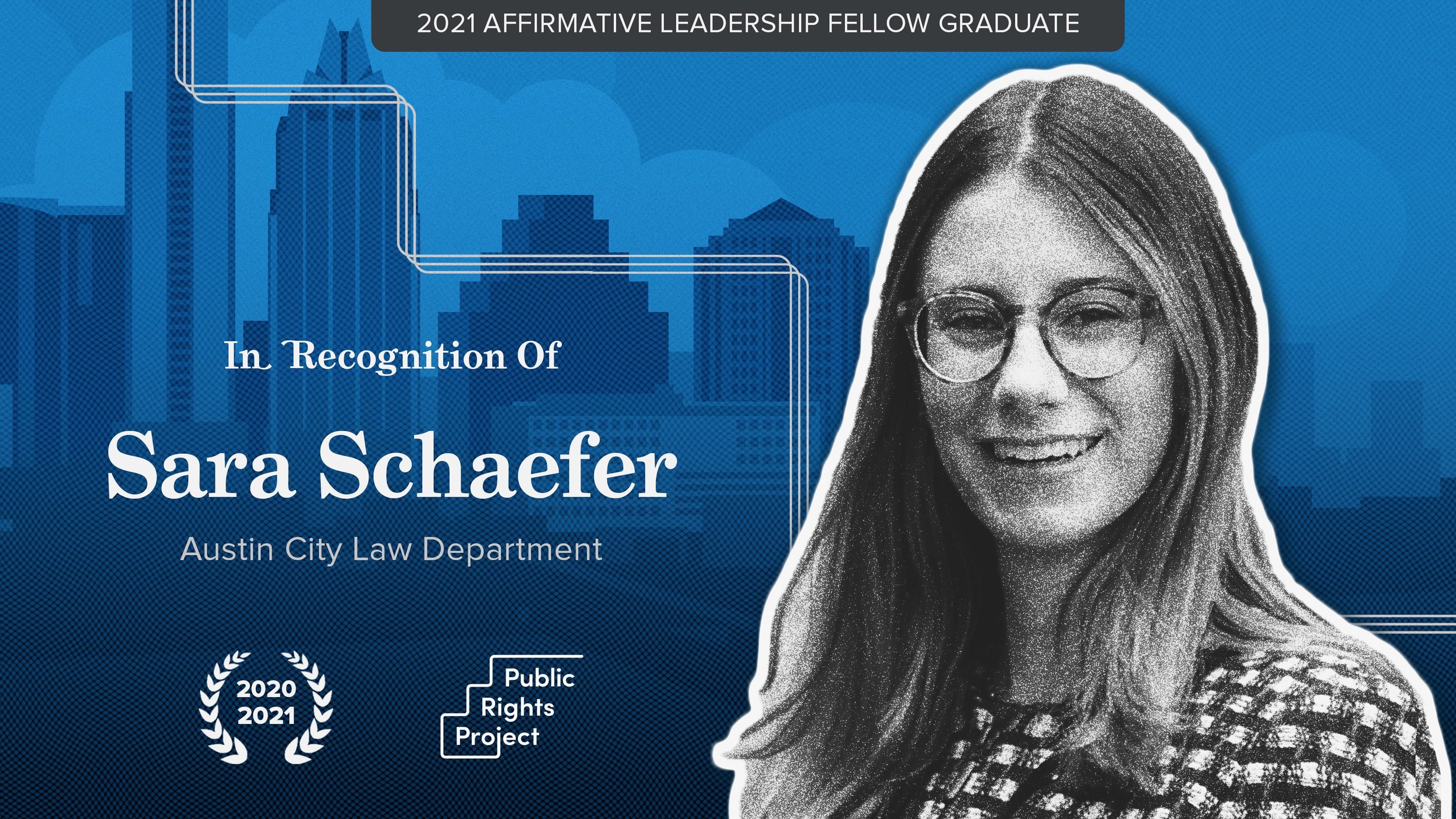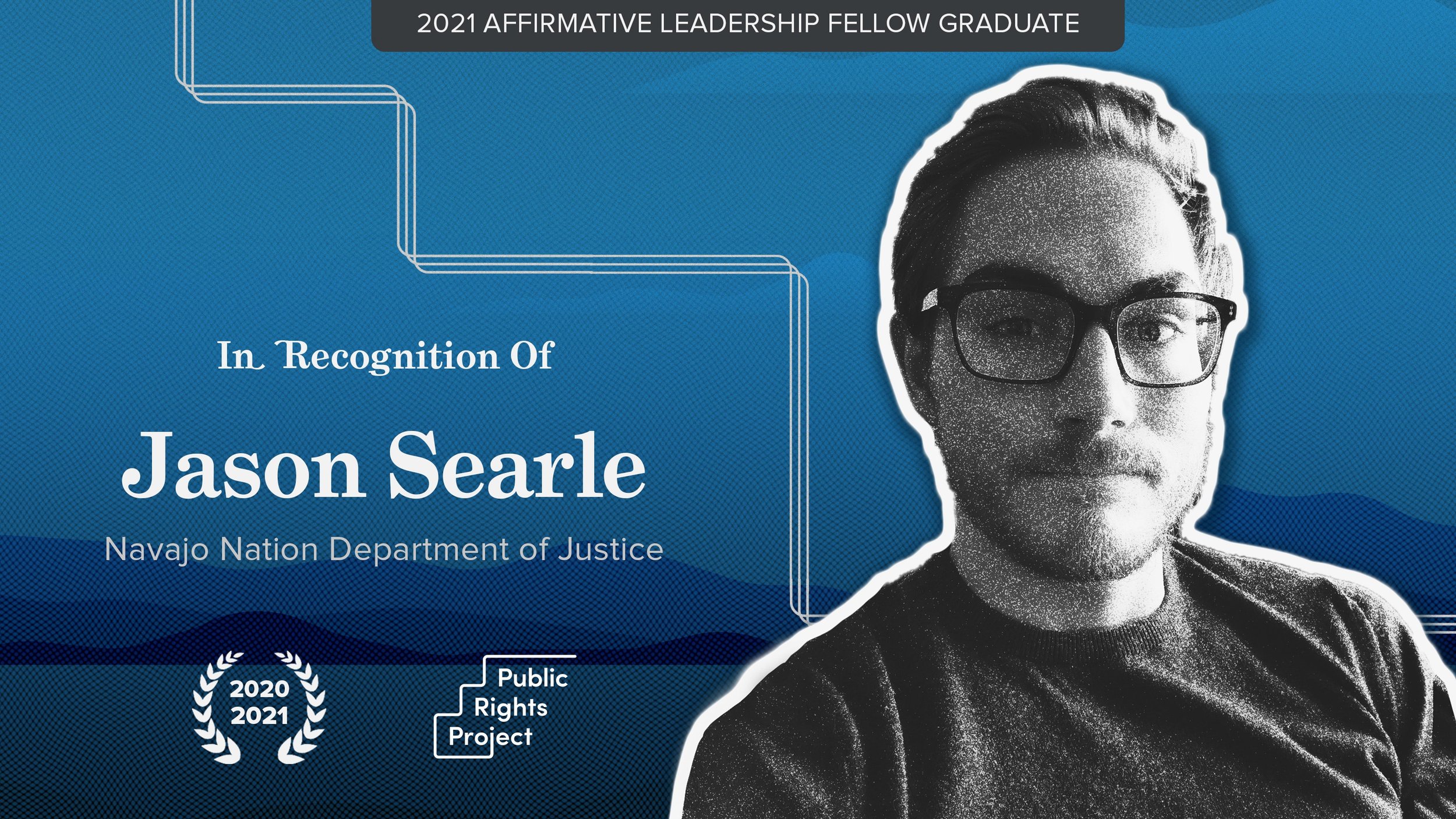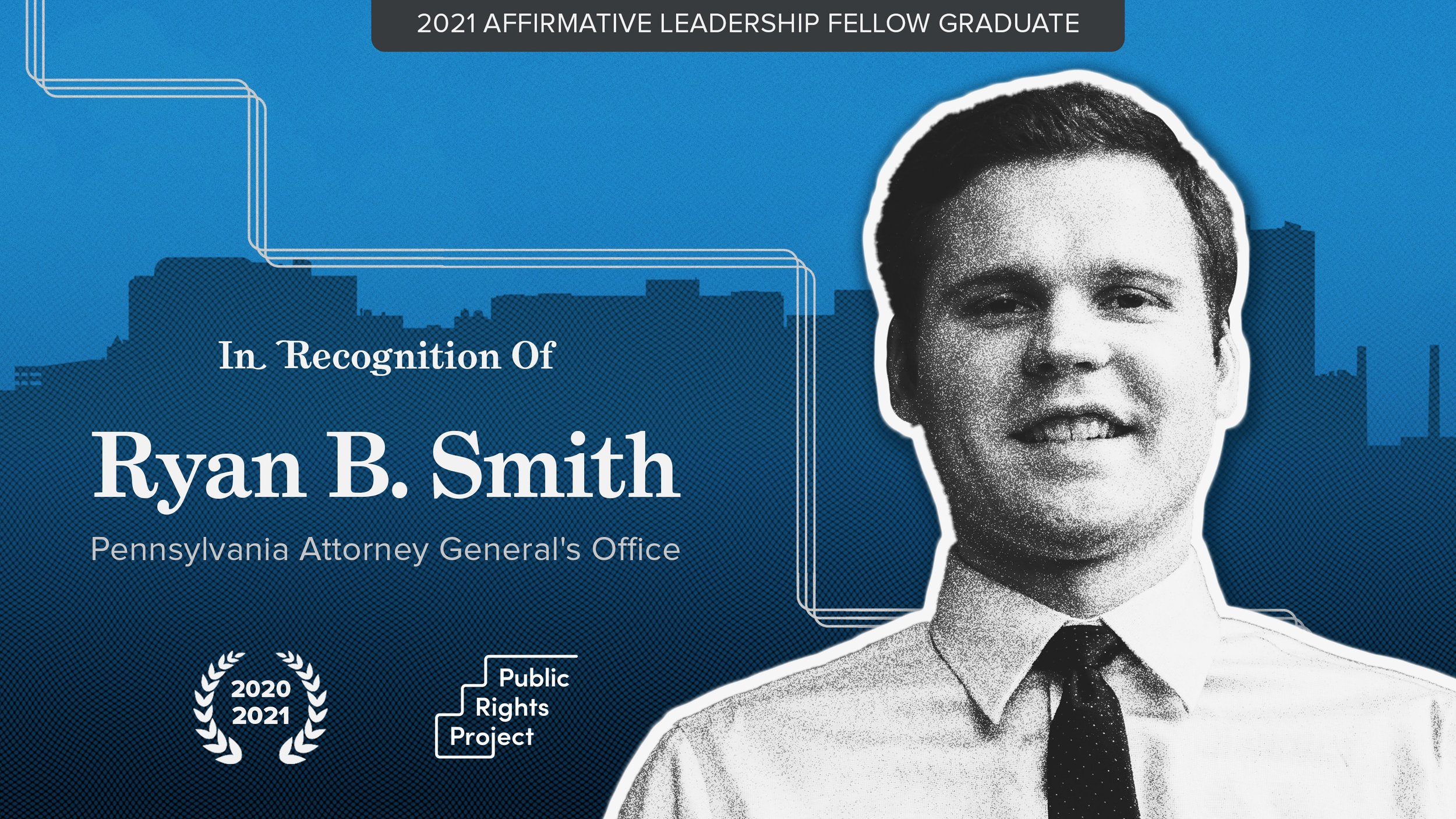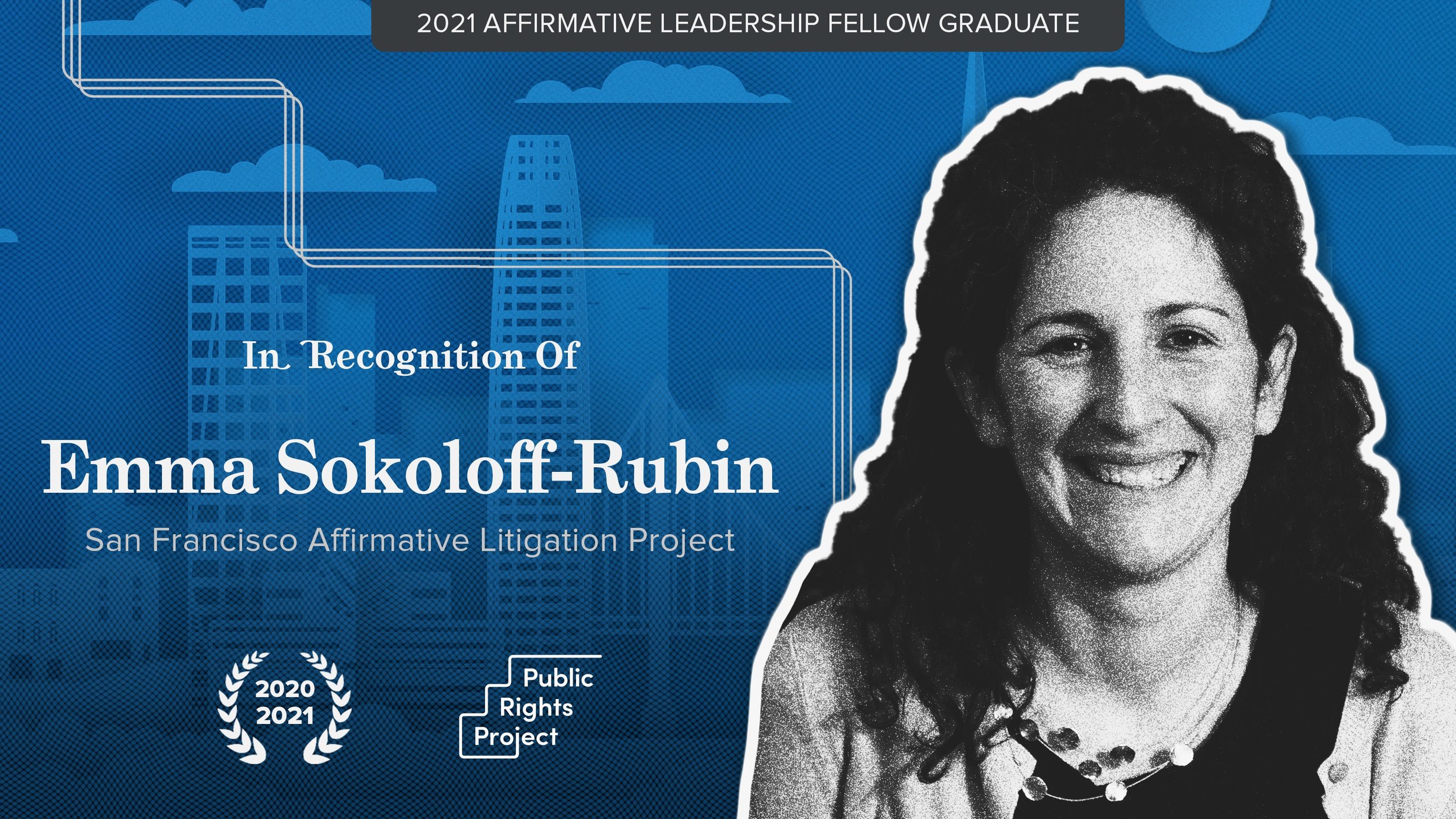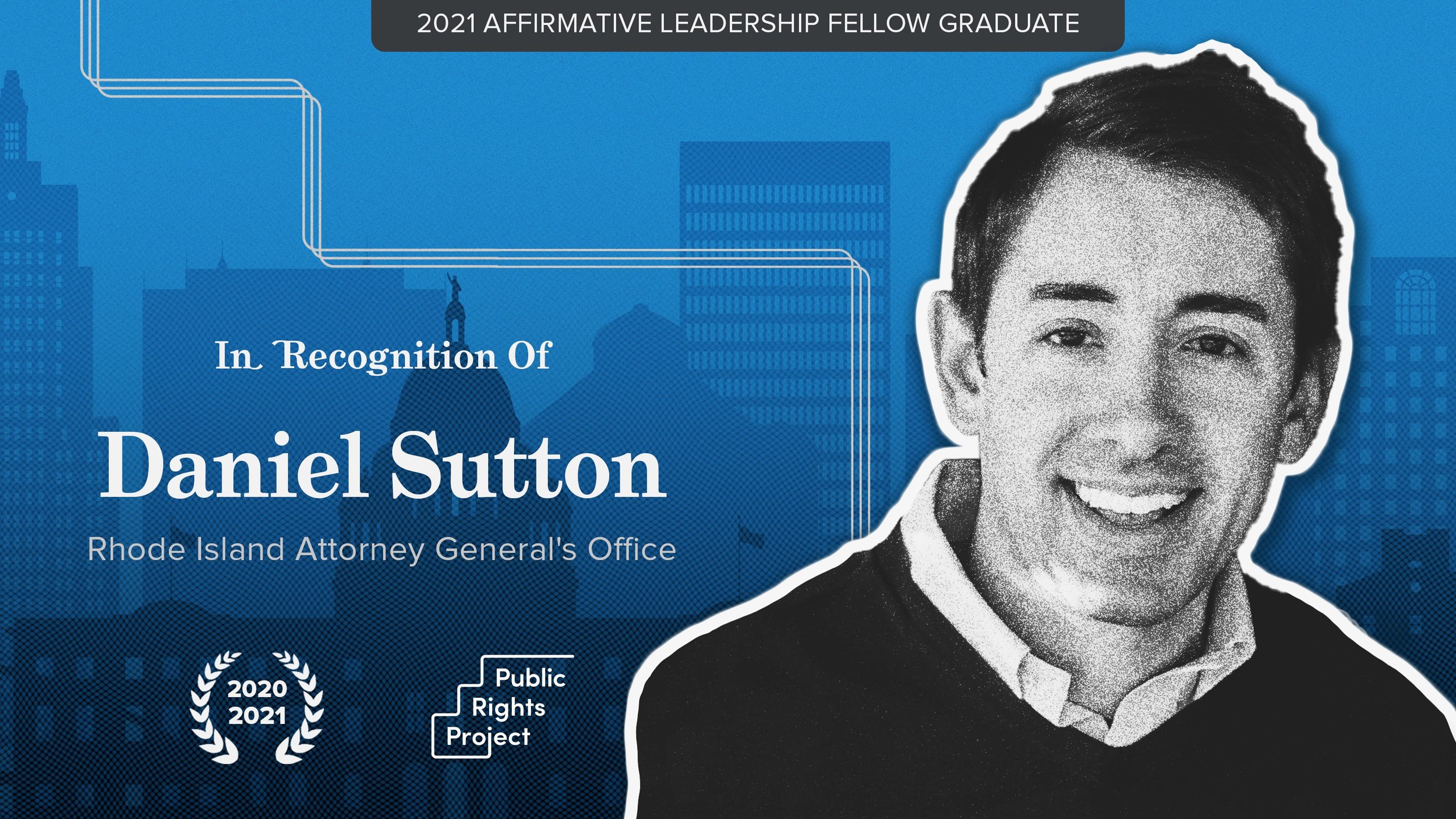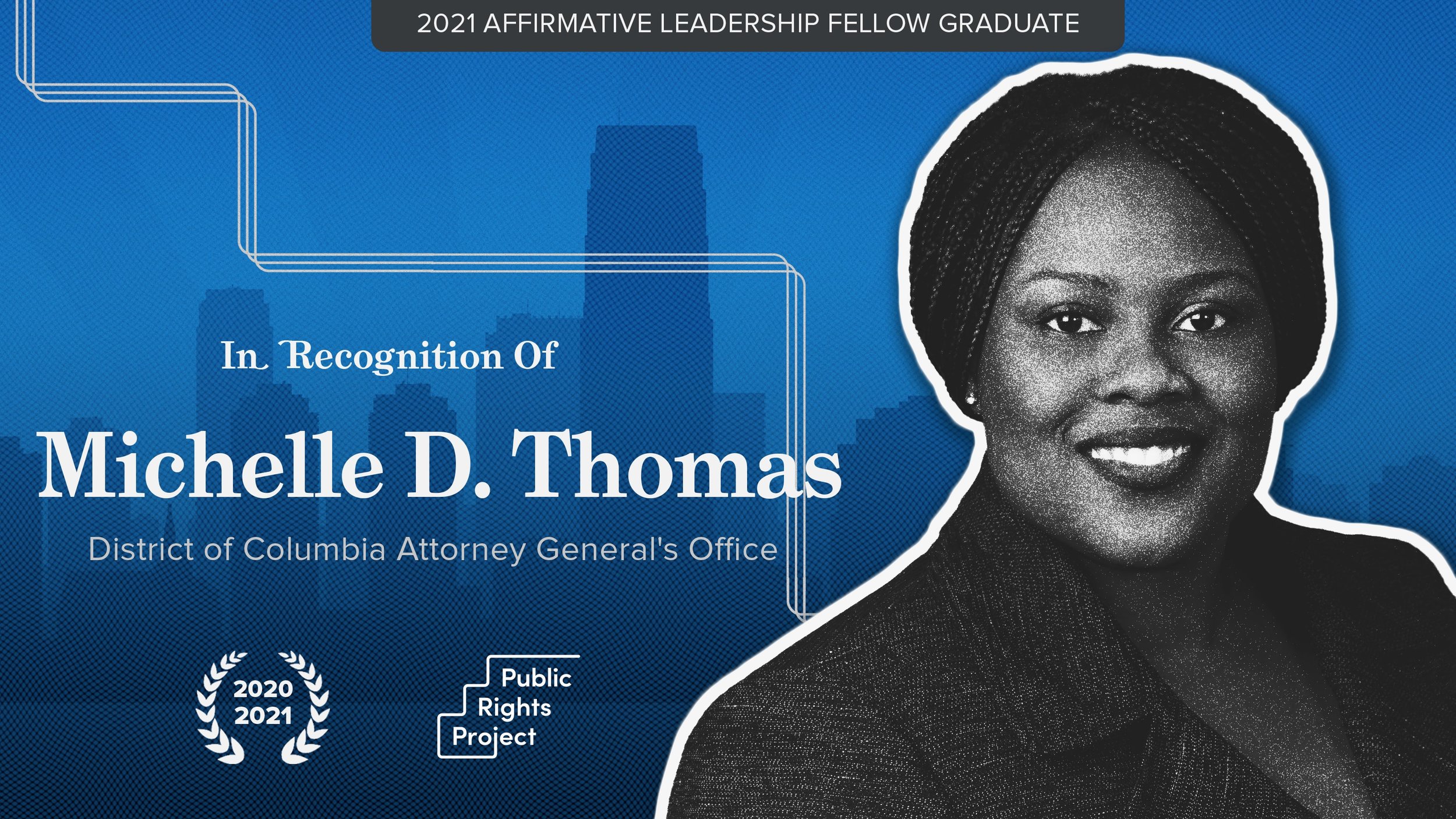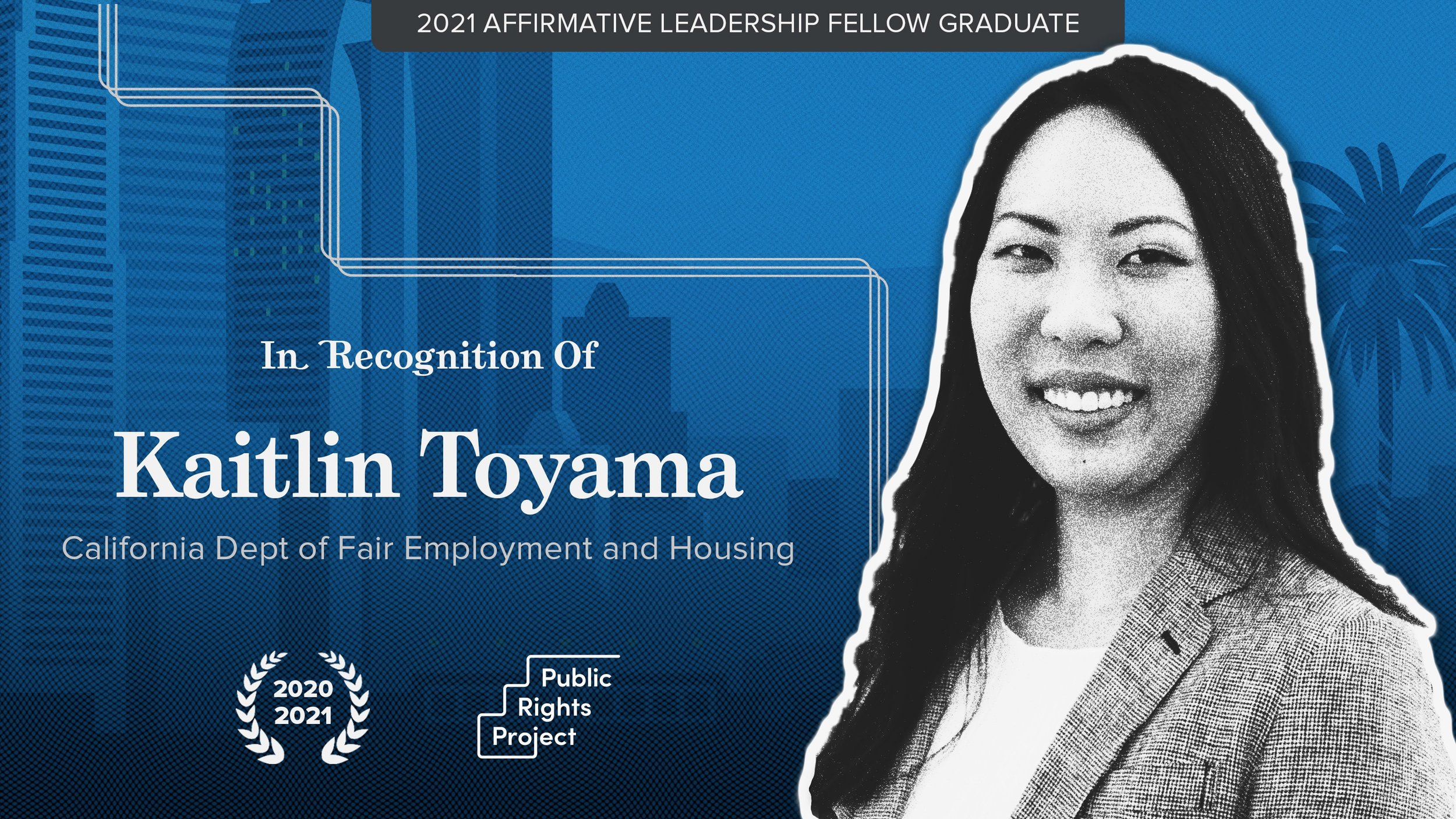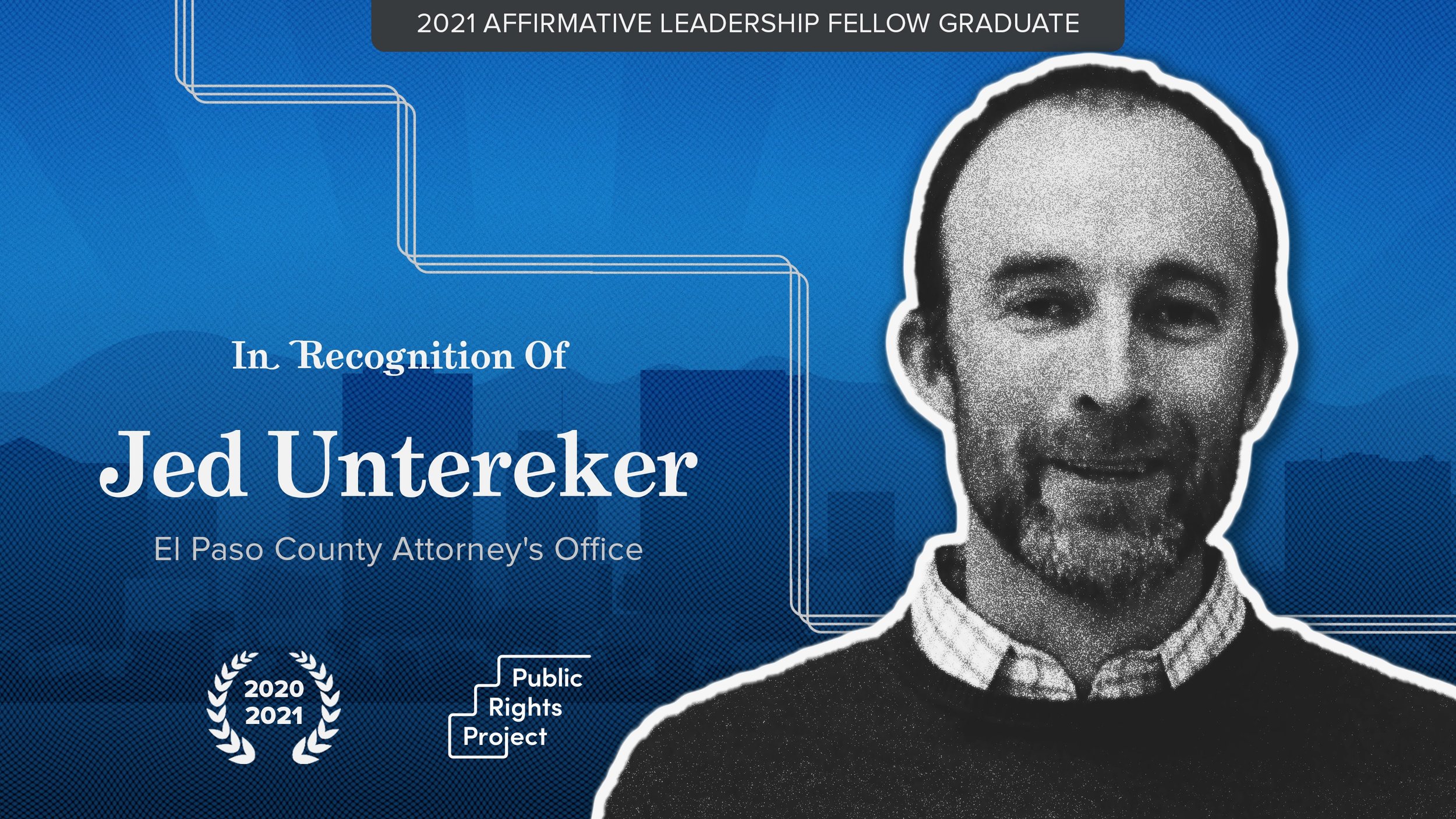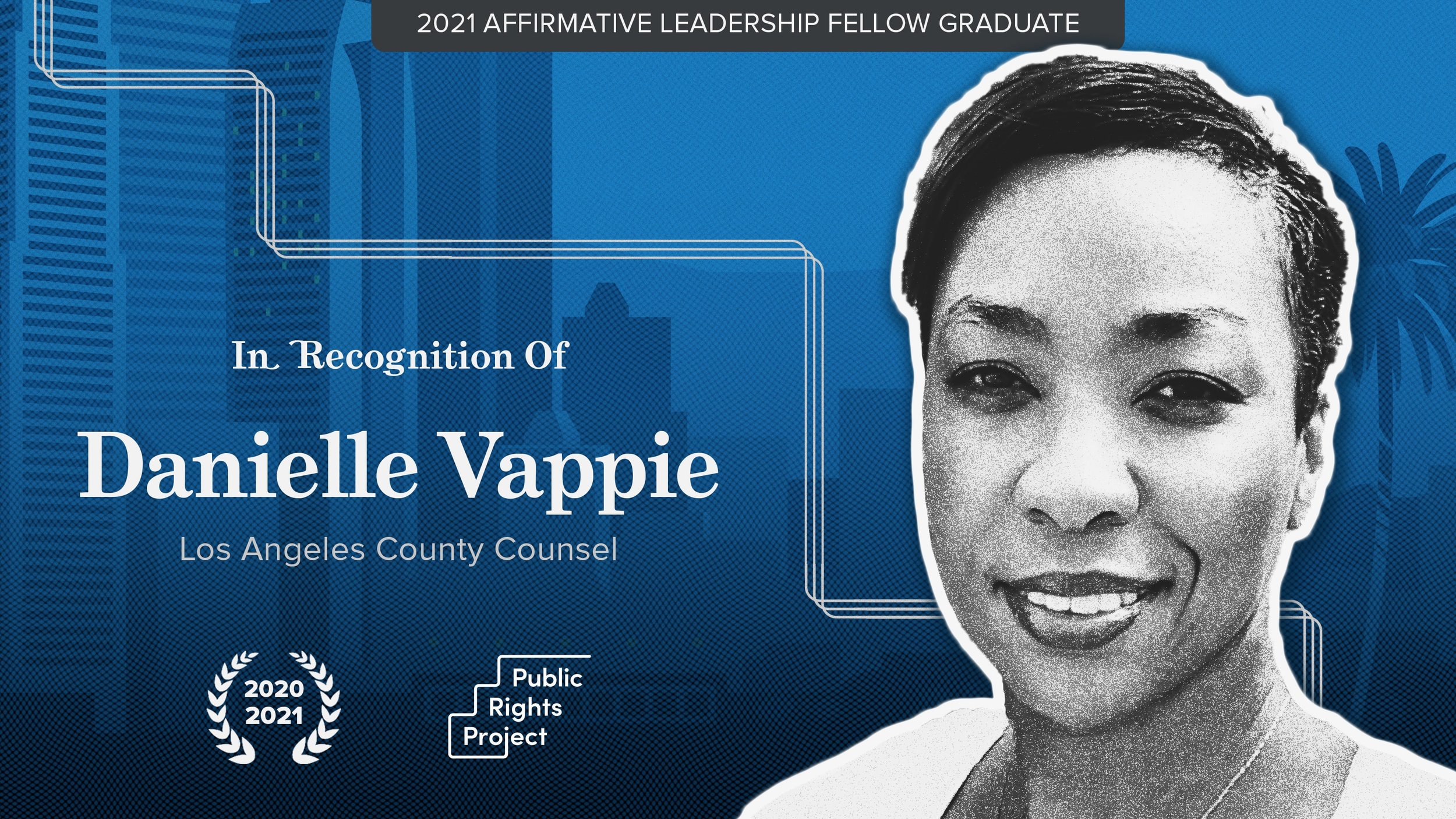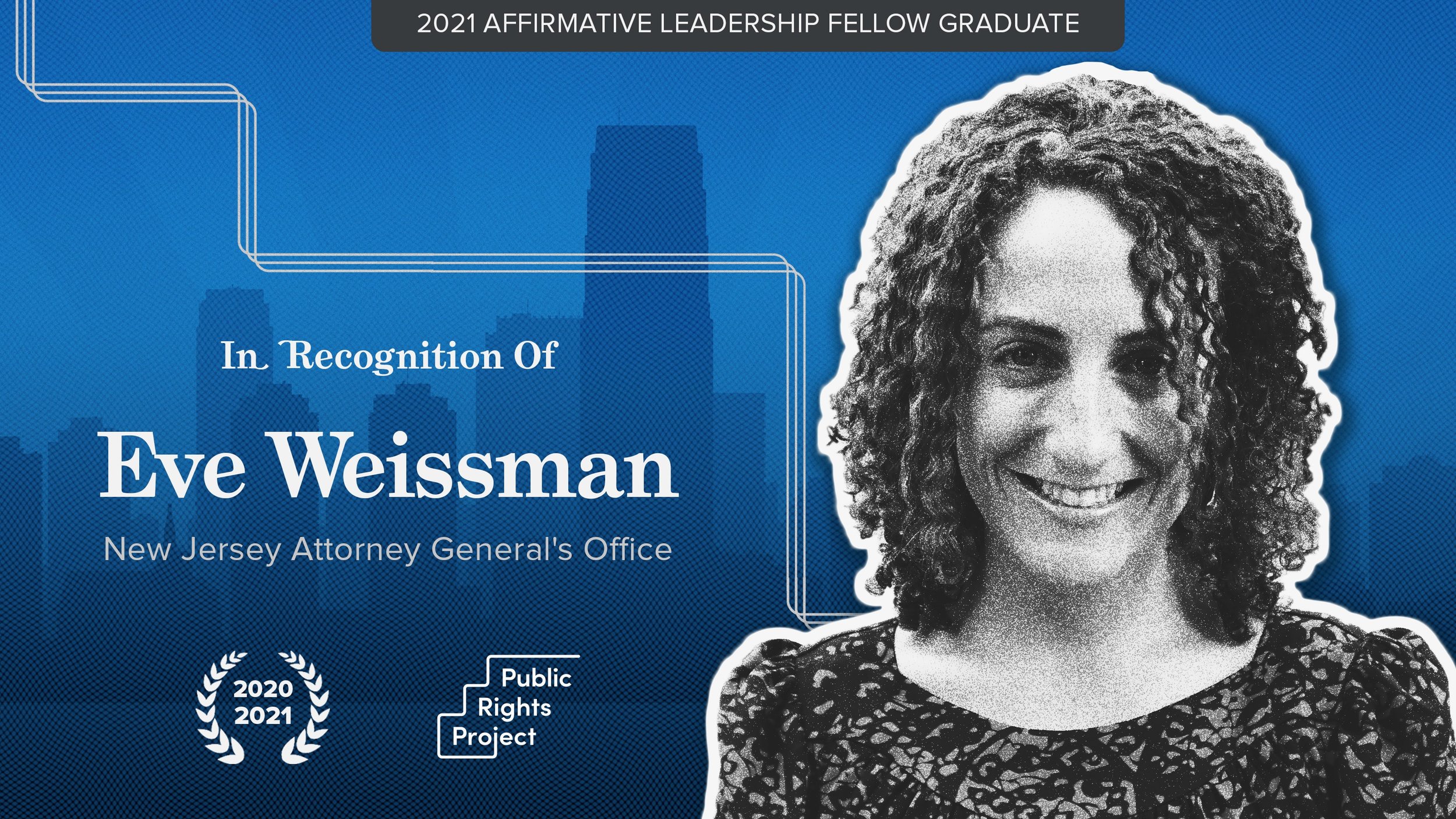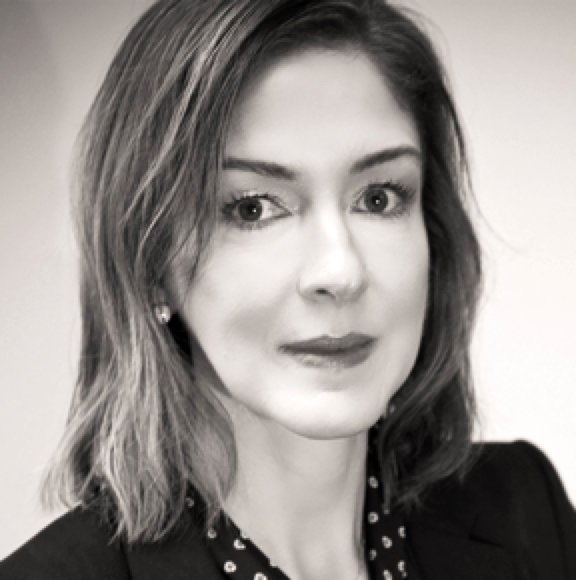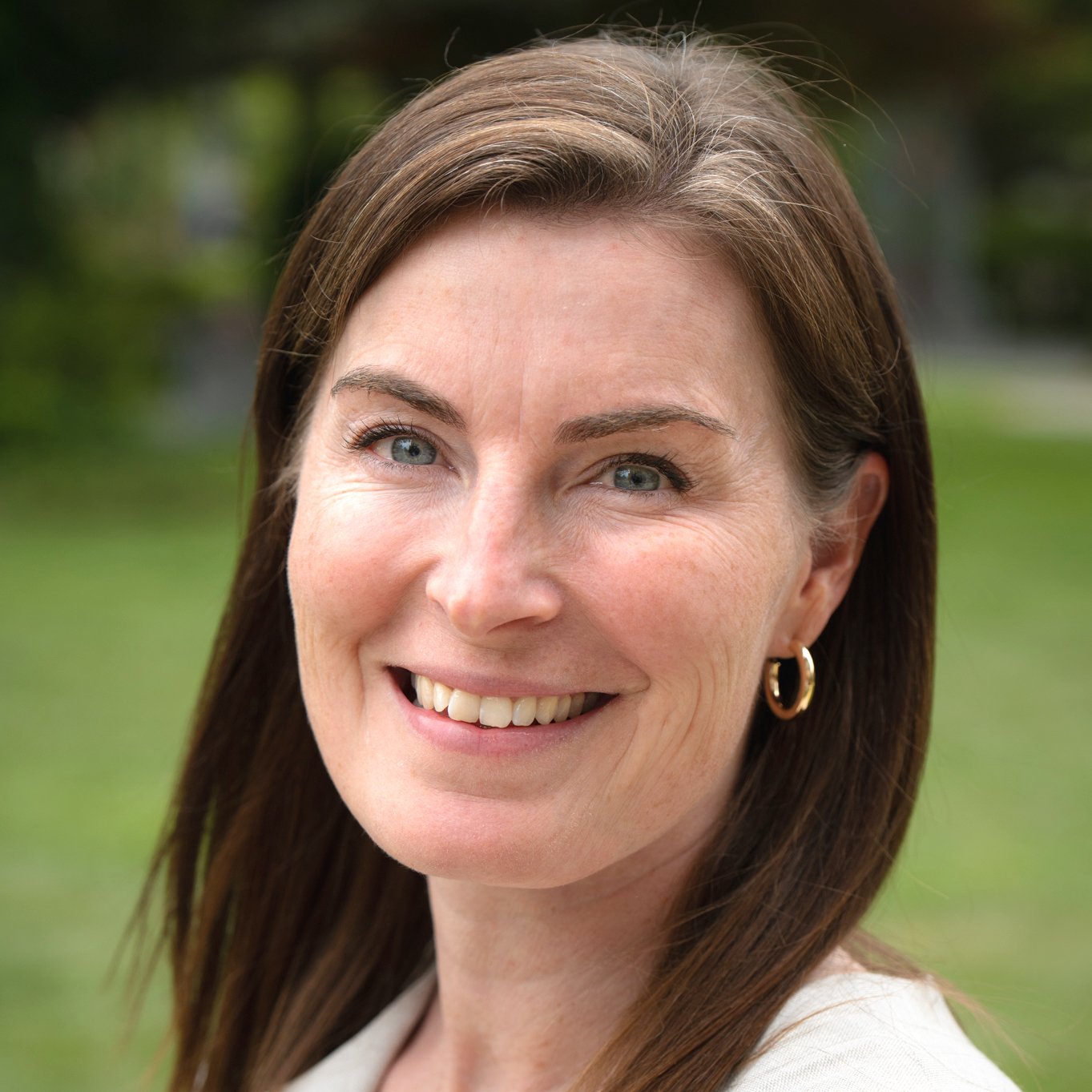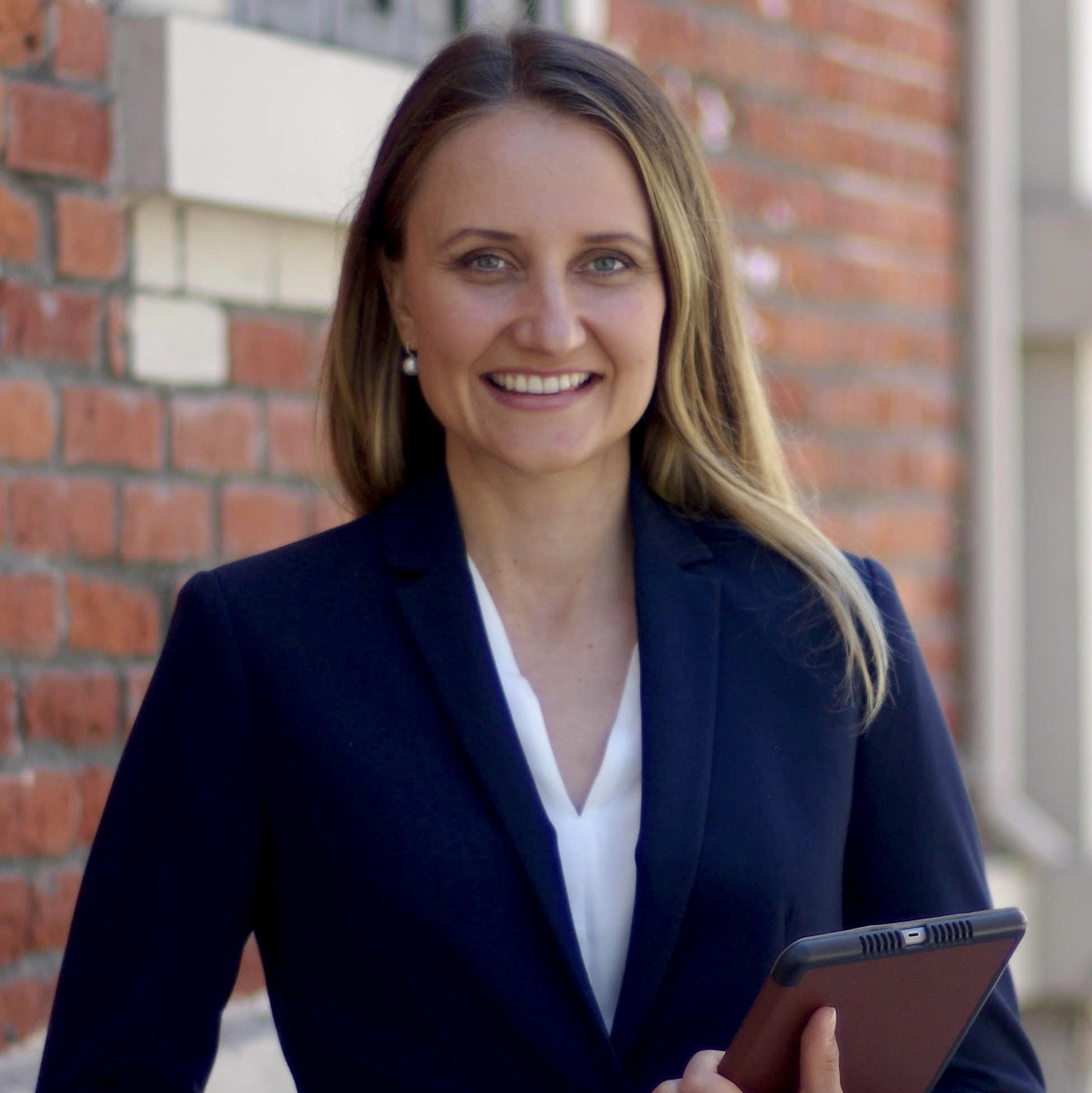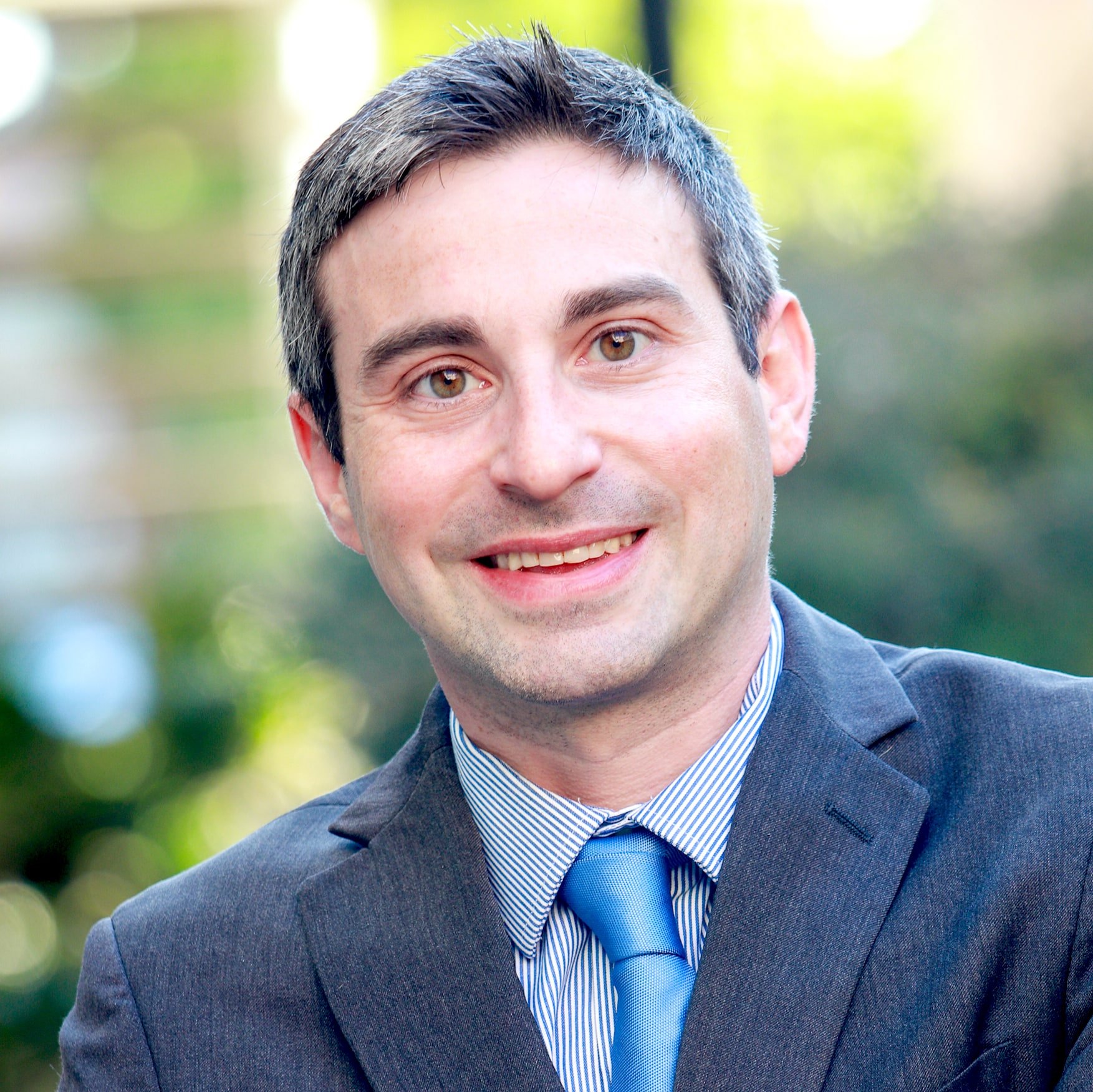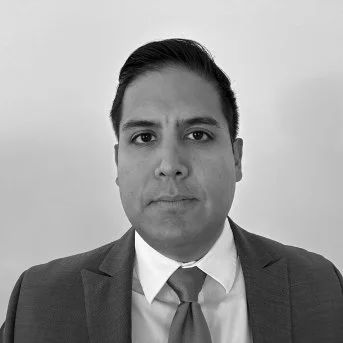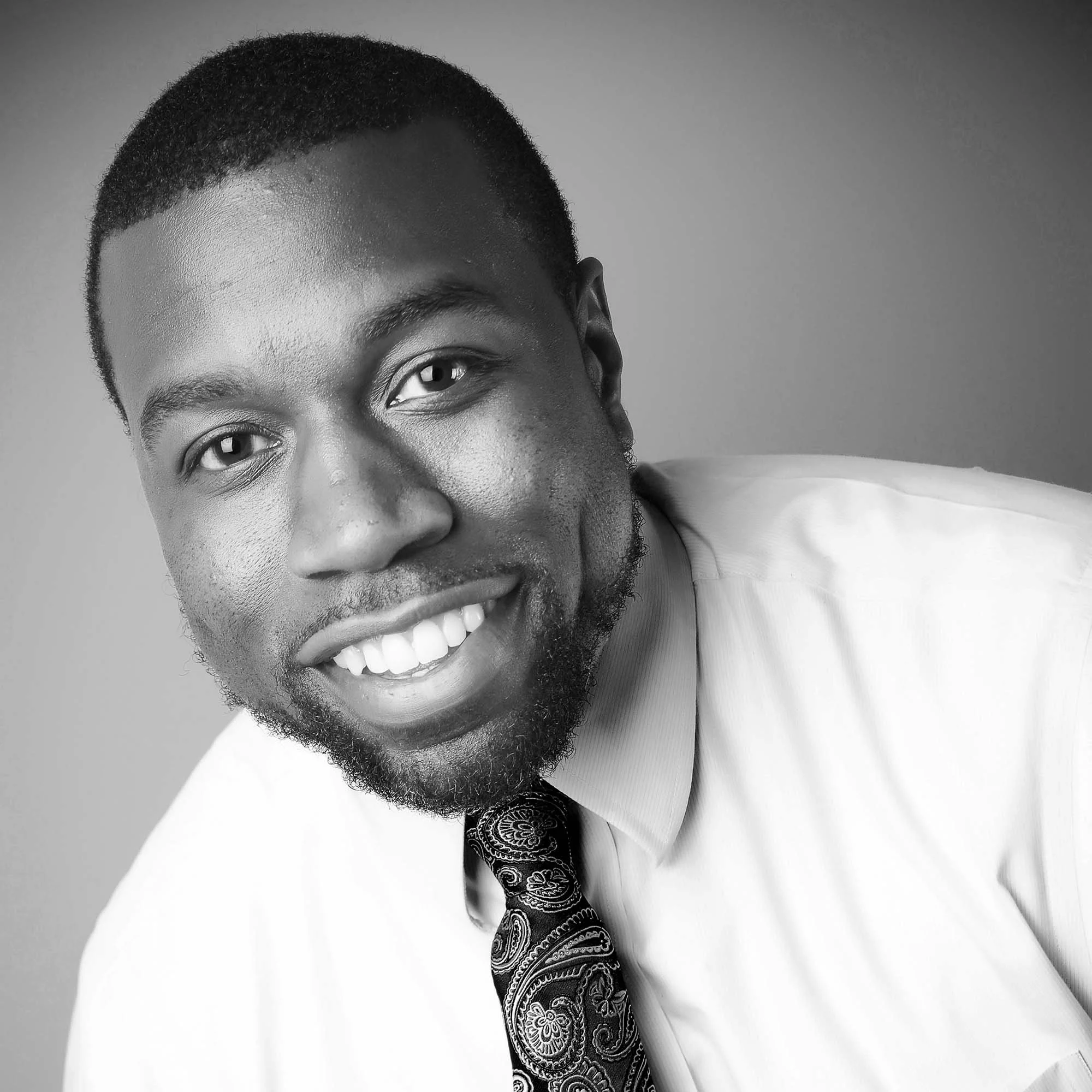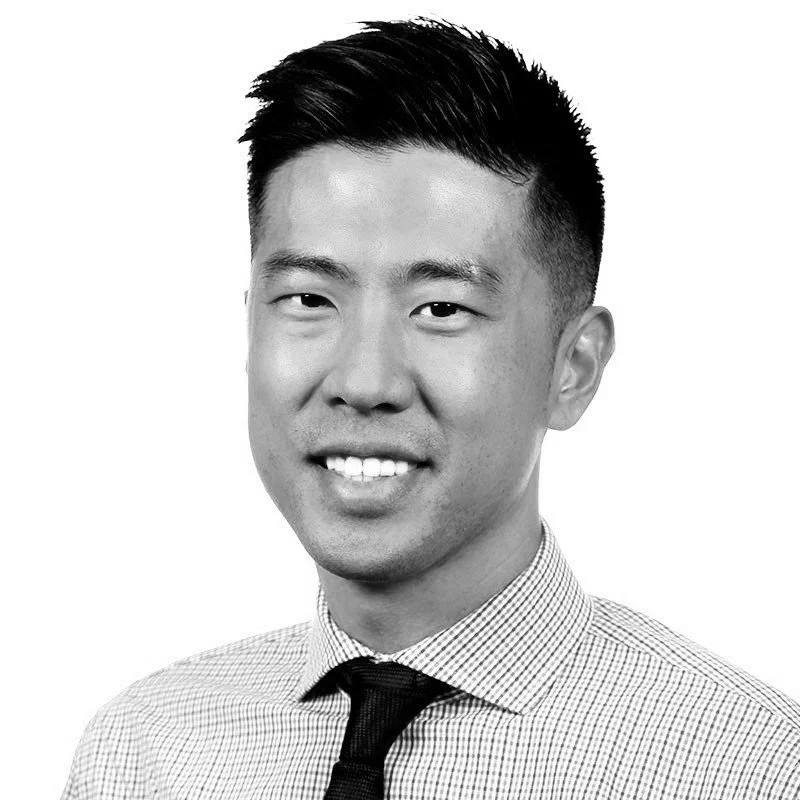Testimonials
Learn what government attorneys had to say about ALF here.
How does an Affirmative Leaders Fellow advance public rights?
States, cities, and tribes are on the front lines of defending their residents against discrimination, fraud, and disenfranchisement. Affirmative Leaders Fellows receive training and support to help them work to expand enforcement efforts, protect their residents, and grow the impact of a city or state’s legal work. They develop and hone the skills to advance new legal theories and enforcement strategies for their offices to be more proactive using the law to address their communities’ needs. Their work is also aimed at helping city, county, and state law enforcement agencies work more collaboratively on complex problems.
What are the advantages of becoming a Fellow?
During the six-month long program, Affirmative Leaders Fellows will participate in a series of virtual trainings and workshops focused on developing and improving their affirmative investigation and litigation skills. Fellows will grow their skill set and enrich themselves as public lawyers. They will also enhance their ability to serve their communities by taking proactive steps to advance public rights using litigation tools.
Specifically, Affirmative Leaders Fellows will:
Participate in a multi-day orientation, where they will meet their fellows cohort, learn from leaders in public affirmative litigation, and set goals and plan for the year.
Connect for monthly learning opportunities.
Engage in small group and open conversation sessions.
Carry out affirmative work in their offices that gives them a chance to apply their skills and improves the lives of vulnerable residents in their communities.
Professional development and public lawyering does not fit neatly into a specific time-frame. Accordingly, Affirmative Leaders Fellowship alumni will continue to benefit from having participated in the program. As alumni of the program, former fellows will:
What are the advantages to offices for having their staff participate in the Affirmative Leaders Fellowship?
Offices will receive low-cost professional development for their attorneys focused on practical approaches to developing and deepening their affirmative litigation proficiency. Offices will be able to initiate and pursue more effective affirmative cases relying on this enhanced skill set. The Fellowship is intended to provide a foundation for prosecuting affirmative civil cases for offices that have never engaged in this type of work before and also serve as a professional bootcamp for attorneys in offices with more experience but who have not themselves participated in this type of work. Training topics from prior years have included concepts such as: project management, equitable enforcement and community engagement, roundtable discussions on current issues (housing, environment, civil rights, etc.), selecting tools and targets, and many others. By providing this foundation for staff members, offices will be able to conduct more impactful work on behalf of their communities.
When is the application deadline?
The application opens on March 16, 2025. The deadline to submit all parts of the application is May 26, 2025 at 11:59 pm ET. Candidates who apply by April 28, 2025 are eligible for a reduced participation fee of $2,450.
How does an applicant submit a letter of support?
To complete your application, you must submit a letter of support from your employer indicating support for your participation in the fellowship and the development or expansion of the office’s litigation practice. Please use the template to fulfill this component of your application.
How long is the fellowship, and what are the start and end dates?
The fellowship runs for six months, starting at the end of June 2025 and wrapping up in early December 2025.
Do Fellows stay in their government jobs while participating in this program?
Yes. Fellows remain employed by and stationed at their offices throughout the fellowship.
Who is eligible for the program?
Fellows must be current employees of a state, local, or tribal government law office with an active bar membership in the jurisdiction where their office is located. At least part of their job description should include or will include affirmative litigation. The fellowship is likely best suited for attorneys who have newly joined a government office or who have recently moved within government to a new or expanded affirmative litigation role.
What is the cost of the program?
Fellows, through their offices, are asked to contribute a participation fee of $3,450.
With civil rights under attack at the federal level, we know that more than ever, government lawyers need the tools, training, and community this fellowship provides. To ensure that cost is not a barrier, we’ve worked hard to restructure the program and secure additional resources that allow us to reduce the financial commitment while maintaining the same high-quality experience. This change reflects our commitment to expanding access so that more lawyers can step up and join this fight at a time when every voice is needed. Additionally, we now offer a sliding scale for participation and full scholarships to further eliminate financial obstacles and empower as many dedicated advocates as possible.
Where are the fellows based?
Public Rights Project is a national organization and seeks applicants from state, local, and tribal public law offices - such as city attorney, county counsel, district attorney and state attorney general offices - across the United States. Fellows remain employed by and stationed at their offices throughout the fellowship.
What are we looking for in our fellows?
Fellows are selected using criteria that include:
Practicing attorneys
Supportive offices who will benefit meaningfully from an attorney participating in this program
Passion about the power of government to improve people's lives
Effective advocacy
Interpersonal and communication skills
Ability to navigate complex organizations
Litigation experience
When will I meet the other fellows?
Right away! We believe fellows learn a great deal from each other. The Fellowship begins with a virtual orientation during which fellows will meet their cohort, set goals, and plan for the year, followed closely by a multi-day programming kick off with leaders in public affirmative litigation.
How do I learn more about the fellowship?
We will host several virtual information sessions. Please complete the interest form and we will send an invitation when the sessions are scheduled. You can always email us at support@publicrightsproject.org any time and someone from our team will get back to you ASAP!
How does PRP prioritize diversity and inclusion?
Public Rights Project is committed to the principles and practices of equal employment opportunity. A diverse and inclusive workplace, both at Public Rights Project and within the government offices we serve, is a key ingredient for achieving our mission of building equitable enforcement capacity within state, local, and tribal governments. We believe that a variety of perspectives enrich the efficacy of the work of state, local, and tribal governments. We aim to assemble a fellowship cohort that reflects the world we live in and the communities we serve, including with respect to race, ethnicity, sexual orientation, gender identity, national origin, and immigration status. People with personal or family experience with the type of harms we seek to combat, including wage theft, predatory lending, fraud, discrimination, and environmental degredation are particularly encouraged to apply.
Other questions?
We're here to help. Email support@publicrightsproject.org with further inquiries.
